Browse
by Subject: Theory and Methodology
View: By Date | Alphabetical | eBooks | Paperbacks
-
 Forthcoming July 2024
Forthcoming July 2024 Egalitarian Dynamics
Liminality, and Victor Turner’s Contribution to the Understanding of Socio-historical Process
Kapferer, B. & Gold, M. (eds)
Liminality: the state of being ‘betwixt and between’ is anthropology’s one of most influential concepts. This volume reconsiders Victor Turner’s innovative extension of Arnold Van Gennep’s concept of liminality. Engaging with topical issues across the globe – from neuroscience to open access publishing and refugee experience in Europe, it launches Turner’s fundamental work into the future.
Subjects: Theory and Methodology Anthropology (General)
-
 Forthcoming May 2024
Forthcoming May 2024 Asian Lives in Anthropological Perspective
Essays on Morality, Achievement and Modernity
Bayly, S.
Asian Lives in Anthropological Perspective draws together essays that trace historical and contemporary realities in India and Vietnam about a variety of compelling topics such as the experience of the Indian caste system and the ethical challenges faced by Vietnamese working women.
Subjects: Anthropology (General) Cultural Studies (General) Theory and Methodology
-
 Published April 2024
Published April 2024 Humanism Revisited
An Anthropological Perspective
Pinxten, R.
As heirs of a ‘heteronomic’ tradition, we are still stuck in Eurocentrism (often racism), and now even threaten to ruin nature by destroying biodiversity and causing the climate to warm up dangerously. Applied through an anthropological perspective, this book calls for a NEED-humanism: Not-Eurocentric, Ecological and (economically) Durable approach that can help explore inclusion and pluralism.
Subjects: Theory and Methodology Anthropology (General) Environmental Studies (General)
eBook -
 Published April 2024
Published April 2024 ‘I am Here’, Abraham Said
Emmanuel Levinas and Anthropological Science
Rapport, N.
One of the most significant philosophical voices of the twentieth century – the philosopher of ‘the Other’ – Emmanuel Levinas’s work offers a challenge to the discipline of anthropology that claims knowledge of the human. This book endeavours to take Levinasian and anthropological precepts on ‘humanistic science’ equally seriously and offers tentative conclusions.
Subjects: Theory and Methodology Anthropology (General)
eBook -
 Published March 2024
Published March 2024 Max Gluckman
Macmillan, H.
This handy, concise biography describes the life and intellectual contribution of Max Gluckman (1911-75) who was one the most significant social anthropologists of the twentieth century.
Subjects: Anthropology (General) Theory and Methodology
eBook
Paperback available -
 Published March 2024
Published March 2024 Dynamics of Political Domination in Africa
An Axel Sommerfelt Collection
Sommerfelt, A., (au) Sommerfelt, T., Jakoubek, M., & Eriksen, T. H. (eds)
Axel Sommerfelt has been an important influence on Norwegian and Scandinavian anthropology, but his contributions are almost unknown. This book brings together some of his critical writings, newly written articles and an interview positions him in the history of ‘North Sea’ social anthropology and shows his continued relevance.
Subjects: Theory and Methodology Anthropology (General)
eBook -
 Published February 2024
Published February 2024 Adoption, Emotion, and Identity
An Ethnopsychological Perspective on Kinship and Person in a Micronesian Society
Rauchholz, M.
Exploring adoption in the Pacific, this book goes beyond the commonplace structural-functional analysis of adoption as a positive “transaction in parenthood.” It examines the effects it has on adoptees inner sense of self, their conflicted emotional lives, and familial relationships that are affected by a personal sense of rejection and not belonging.
Subjects: Anthropology (General) Theory and Methodology
eBook -
 Published November 2023
Published November 2023 Other Borders
History, Mobility and Migration of Rudari Families between Romania and Italy
Tosi Cambini, S.
Other Borders is a deeply thorough, multi-site ethnographic research volume that brings forward the rudari lingurari family’s social and economic cultural organization and the mobilities developed in their migratory paths.
Subjects: Refugee and Migration Studies Cultural Studies (General) Theory and Methodology
eBook -
 Published September 2023
Published September 2023 Alfred Cort Haddon
A Very English Savage
Walsh, C.
Using previously overlooked, primary sources Ciarán Walsh argues that Haddon, the grandson of anti-slavery activists, set out to revolutionize anthropology in the 1890s in association with a network of anarcho-utopian activists and philosophers. His book regards most of what has been written about Haddon in the past as a form of disciplinary folklore shaped by a theory of scientific revolutions.
Subjects: Anthropology (General) Theory and Methodology
eBook
Paperback available -
 Published September 2023
Published September 2023 Mary Douglas
Richards, P. & 6, P.
This handy, concise biography covers the life of Mary Douglas, one of the most important anthropologists of the second half of the 20th century. It offers an introduction to how her distinctive approach developed across a long and productive career and how it applies to current pressing issues of social conflict and planetary survival.
Subjects: Anthropology (General) Theory and Methodology
eBook
Paperback available -
 Published September 2023
Published September 2023 An Anthropology of Intellectual Exchange
Interactions, Transactions and Ethics in Asia and Beyond
Copeman, J., Long, N. J., Chau, L. M., Cook, J. & Marsden, M.(eds)
This volume advocates for an analytical focus on intellectual exchange, as well as producing an ethnographically informed framework for its study across cultures and contexts.
Subjects: Theory and Methodology Anthropology (General) Cultural Studies (General)
-
 Published July 2023
Published July 2023 Exceptional Experiences
Engaging with Jolting Events in Art and Fieldwork
Rethmann, P. & Wulff, H. (eds)
Looking at encounters that can puncture or jolt us, this volume uses art as a lens through which to register and understand exceptional experiences. The volume also includes the fieldworker’s experience of unexpected events that can lead to key understandings, as well as revelatory moments that happen during artistic creation and while looking at art.
Subjects: Theory and Methodology Anthropology (General) Cultural Studies (General)
eBook -
 Published May 2023
Published May 2023 Chicanery
Senior Academic Appointments in Antipodean Anthropology, 1920–1960
Gray, G., Munro, D. & Winter, C.
Academic appointments can bring forth unexpected and unforeseen contests and tensions, cause humiliation and embarrassment for unsuccessful applicants and reveal unexpected allies and enemies. Chicanery deals with how the founding Chairs at Sydney, the Australian National University, Auckland and Western Australia dealt with this process.
Subjects: Anthropology (General) History: 20th Century to Present Theory and Methodology
eBook -
 Published February 2023
Published February 2023 Finding Home in Europe
Chronicles of Global Migrants
Pérez Murcia, L. E. & Bonfanti, S. (eds)
Bringing together the voices of nine individuals from an archive of over 200 in-depth interviews with transnational migrants and refugees across five European countries, Finding Home in Europe critically engages with how home is experienced by those who move.
Subjects: Refugee and Migration Studies Theory and Methodology
eBook -
 Published November 2022
Published November 2022 Fairies, Ghosts, and Santa Claus
Tinted Glasses, Fetishes, and the Politics of Seeing
Doerr, N. M.
Investigating the politics of seeing and its effects, this book draws on Slavoj Žižek’s notion of fetish and Walter Benjamin’s notion of the optical unconscious to offer new concepts: “tinted glasses”, through which we see the world; “unit-thinking”, which renders the world as consisting of discrete units; and “coherants”, which help fragmented experiences cohere into something intelligible.
Subjects: Anthropology (General) Cultural Studies (General) Theory and Methodology
eBook -
 Published October 2022
Published October 2022 Enlightening Encounters
The Journeys of an Anthropologist
Gudeman, S.
Drawing on his research in five Latin American countries, Steve Gudeman describes his anthropological fieldwork, bringing to life the excitement of gaining an understanding of the practices and ideas of others as well as the frustrations. He weaves into the text some of his findings as well as reflections on his own background that led to better fieldwork but also led him astray.
Subjects: Anthropology (General) Theory and Methodology Political and Economic Anthropology
eBook
Paperback available -
 Published September 2022
Published September 2022 An Anthropological Toolkit
Sixty Useful Concepts
Zeitlyn, D.
Presenting 60 theoretical ideas, David Zeitlyn asks, ‘How to write about anthropological theory without making a specific theoretical argument?’ and ‘Is it possible to practice anthropology without arguing for a single specific approach?’ To answer, he gives a series of mini-essays about an eclectic collection of theoretical concepts that over many years he has found helpful.
Subject: Theory and Methodology
eBook
Paperback available -
 Published August 2022
Published August 2022 Defining and Measuring Diversity in Archaeology
Another Step Toward an Evolutionary Synthesis of Culture
Eren, M. I. & Buchanan, B. (eds)
Calculating the diversity of biological or cultural classes is a fundamental way of describing, analyzing, and understanding the world around us. Featuring studies of archaeological diversity ranging from the data-driven to the theoretical, from the Paleolithic to the Historic periods, authors illustrate the range of data sets to which diversity measures can be applied, as well as offer new methods to examine archaeological diversity.
Subjects: Archaeology Anthropology (General) Theory and Methodology
eBook -
 Published July 2022
Published July 2022 Working With Diagrams
Engelmann, L., Humphrey, C. & Lynteris, C.
Arising from the need to go beyond the semiotic, cognitive, epistemic and symbolic reading of diagrams, this book looks at what diagrams are capable of in scholarly work. Rather than attempting to define what diagrams are, and what their dietic capacity might be, contributions to this volume draw together the work diagrams do in the development of theories.
Subject: Theory and Methodology
eBook
Paperback available -
 Published May 2022
Published May 2022 Theorizing Relations in Indigenous South America
González Gálvez, M., Di Giminiani, P., & Bacchiddu, G. (eds)
Whether invented, discovered, implicit, or directly addressed, relations remain the main focus of most anthropological inquiries. These relations, once conceptualized in ethnographic fieldwork as self-evident connections between discrete social units, have been increasingly explored through local ontological theories. This collected volume explores how ethnographies of indigenous South America have helped to inspire this analytic shift.
Subjects: Theory and Methodology Cultural Studies (General)
eBook
Paperback available -
 Published May 2022
Published May 2022 Profiles of Anthropological Praxis
An International Casebook
Redding, T. M. & Cheney, C. C. (eds)
The book Profiles of Anthropological Praxis is something of a sequel to Anthropological Praxis: Translating Knowledge into Action, published in 1987 (Westview Press). As a casebook of anthropological projects, the new version shares a fascinating breadth of award-winning projects undertaken by applied anthropologists to address the needs of an array of stakeholders and situations.
Subjects: Applied Anthropology Theory and Methodology
eBook
Paperback available -
 Published March 2022
Published March 2022 The Social Origins of Thought
Durkheim, Mauss, and the Category Project
Schick, Johannes F. M.
The Social Origins of Thought explores the Durkheim School’s ambitious critique of philosophical interpretations of the genesis and constitution of the categories of thought. With contributions from philosophy, sociology, anthropology, media studies, and sinology, this volume illustrates the interdisciplinarity and intellectual rigor of the “category project”.
Subjects: Sociology Theory and Methodology Media Studies
eBook -
 Published September 2021
Published September 2021 Hope and Insufficiency
Capacity Building in Ethnographic Comparison
Douglas-Jones, R. & Shaffner, J. (eds)
Hope and Insufficiency seeks to question the histories, assumptions, intentions, and enactments that has led to the ubiquity of capacity building as an anthropological concept, thereby developing a much-needed critical purchase on its persuasive power.
Subjects: Theory and Methodology Anthropology (General)
eBook
Paperback available -
 Published June 2021
Published June 2021 All Tomorrow's Cultures
Anthropological Engagements with the Future
Collins, S. G.
The first edition of All Tomorrow’s Cultures explored the legacy of futures-thinking in anthropology and marked the beginning of a resurgence of interest in anthropological futures. The new edition has been updated to reflect some of the outpouring of work since then, particularly in science and technology studies and in anthropological analyses of indigenous futures.
Subjects: Theory and Methodology Cultural Studies (General)
eBook
Paperback available -
 Published January 2021
Published January 2021 Anthropology and Ethnography are Not Equivalent
Reorienting Anthropology for the Future
Ahmad, I. (ed)
Tim Ingold has raised many questions which are crucial for anthropology as a discipline, such as whether ethnography is central to the subject, and how imagination, reality and truth are joined in anthropological enterprises. His interventions have impacted anthropologists and scholars at large. This volume contributes to the debate about the interrelationships between ethnography and anthropology and takes it to a new plane.
Subject: Theory and Methodology
eBook
Paperback available -
 Published October 2020
Published October 2020 Moebius Anthropology
Essays on the Forming of Form
Handelman, D., Shapiro, M. (ed), & Feldman, J. (ed)
Don Handelman’s groundbreaking work in anthropology is showcased in this collection of his most powerful essays. The book looks at the intellectual and spiritual roots of Handelman’s initiation into anthropology; his work on ritual and on “bureaucratic logic”; analyses of cosmology; and innovative essays on Anthropology and Deleuzian thinking.
Subjects: Theory and Methodology Anthropology of Religion
-
 Published September 2020
Published September 2020 Search After Method
Sensing, Moving, and Imagining in Anthropological Fieldwork
Laplante, J., Gandsman, A., & Scobie, W. (eds)
Reigniting a tradition of learning by experience, Search After Method is a plea for more lively forms of anthropology. The chapters relate the contributor’s first experiences of working in the field and use their experiences to link their work to the discipline of Anthropology, along with other broader fieldwork questions.
Subject: Theory and Methodology
eBook
Paperback available -
 Published July 2020
Published July 2020 After Society
Anthropological Trajectories out of Oxford
Pina-Cabral, J. & Bowman, G. (eds)
In the early 1980s, when the contributors to this volume completed their graduate training at Oxford, the conditions of practice in anthropology were undergoing profound change. Here self-ethnography is used to portray the contributors’ anthropological trajectories, showing how analytical and academic engagements interacted creatively over time.
Subject: Theory and Methodology
eBook -
 Published March 2020
Published March 2020 The Children of Gregoria
Dogme Ethnography of a Mexican Family
Kristensen, R. & Adeath Villamil, C.
The Children of Gregoria portrays a struggling Mexico, told through the story of the Rosales family. This book highlights their voices and allows them to tell their own stories in an accessible, literary manner without prejudice, persecution or judgment.
Subjects: Anthropology (General) Theory and Methodology Media Studies
eBook -
 Published November 2019
Published November 2019 Bourdieu and Social Space
Mobilities, Trajectories, Emplacements
Reed-Danahay, D.
French sociologist and anthropologist Pierre Bourdieu’s relevance for studies of spatiality and mobility has received less attention than other aspects of his work. Here, Deborah Reed-Danahay argues that the concept of social space, central to Bourdieu’s ideas, addresses the structured inequalities that prevail in spatial choices and practices.
Subjects: Theory and Methodology Mobility Studies Sociology
eBook
Paperback available -
 Published October 2019
Published October 2019 Sometime Kin
Layers of Memory, Boundaries of Ethnography
Wallman, S.
Sometime Kin is the portrait of an Alpine settlement - its history, economy and culture - and its unusual resistance to outsiders and modernisation. Against this we see it embrace the ethnographer’s four small children. Sandra Wallman’s account reveals the distortion to ordinary life caused by the intrusion of the anthropologist and the effect of informants observing her.
Subjects: Theory and Methodology Sociology
eBook -
 Published August 2019
Published August 2019 Multiple Nature-Cultures, Diverse Anthropologies
Bruun Jensen, C. & Morita, A. (eds)
Over time, the role of nature in anthropology has evolved from being a mere backdrop for social and cultural diversity to being viewed as an integral part of the ontological entanglement of human and nonhuman agents. This transformation of the role of nature offers important insight into the relationships between diverse anthropological traditions.
Subjects: Anthropology (General) Theory and Methodology Cultural Studies (General)
eBook
Paperback available -
 Published July 2019
Published July 2019 Critique of Identity Thinking
Jackson, M.
Michael Jackson’s response to our beleaguered age is to ask what forms of speech and action are called for in ‘dark times’. He argues that experiences that fall outside the concepts and categories we habitually deploy in rendering life manageable and intelligible have both critical and redemptive power.
Subjects: Theory and Methodology Cultural Studies (General)
eBook
Paperback available -
 Published May 2019
Published May 2019 Engaging Evil
A Moral Anthropology
Olsen, W. C. & Csordas, T. J. (eds)
Exploring the anthropology of evil as an empirical human phenomenon, this volume attempts to show the usefulness of treating evil as a descriptive reality where concepts such as violence, criminality, and hatred fall short of capturing the darkest side of human existence.
Subjects: Theory and Methodology Sociology Anthropology of Religion
eBook
Paperback available -
 Published March 2019
Published March 2019 Democracy's Paradox
Populism and its Contemporary Crisis
Kapferer, B. & Theodossopoulos, D. (eds)
Does populism indicate a radical crisis in Western democratic political systems? Is it a revolt by those who feel they have too little voice in the affairs of state or are otherwise marginalized or oppressed? Or are populist movements part of the democratic process?
Subjects: Anthropology (General) Theory and Methodology
Pb -
 Published April 2019
Published April 2019 On the Geopragmatics of Anthropological Identification
Chun, A.
An audacious critique of the issues that have plagued culturalization in anthropological thought and writing. Allen Chun argues that disciplinary knowledge has always been embedded in changing contexts of sociopolitical practice and that neglect of its underlying politics gives different meaning to anthropology’s objective fallacy.
Subjects: Theory and Methodology Cultural Studies (General)
eBook -
 Published December 2018
Published December 2018 Contemplating Historical Consciousness
Notes from the Field
Clark, A. & Peck, C. L. (eds)
Contemplating Historical Consciousness draws on three decades of applied research to tease out what has been learned from the field. Leading scholars from around the world reflect on their practice as historians, ethnographers, social scientists and demographers in order to explore the possibilities and limitations of research into historical consciousness.
Subjects: History (General) Theory and Methodology
eBook
Paperback available -
 Published June 2018
Published June 2018 Who are 'We'?
Reimagining Alterity and Affinity in Anthropology
Chua, L. & Mathur, N. (eds)
Who do ‘we’ anthropologists think ‘we’ are? Drawing together reflections and ethnographic case studies, this volume explores how the anthropological ‘we’ has been construed, transformed and deployed across history and the global anthropological landscape. It interrogates how these constructions have influenced the discipline, and opens spaces in which they might be reimagined.
Subjects: Anthropology (General) Theory and Methodology
eBook
Paperback available -
 Published June 2018
Published June 2018 Travelling with the Argonauts
Informal Networks Seen without a Vertical Lens
Irek, M.
Travelling with the Argonauts offers a new perspective in the research of the social space, reflecting on how best to investigate amorphous social phenomena, such as informal networks. Breaking with much current theory, it considers informality not as marginal or substandard, but as life itself, as the real experience of ordinary people.
Subjects: Anthropology (General) Theory and Methodology Mobility Studies
eBook -
 Published April 2018
Published April 2018 Cutting Cosmos
Masculinity and Spectacular Events among the Bugkalot
Mikkelsen, H. H.
Exploring the notion of masculinity among the Bugkalot, Cutting Cosmos is not only an experimental, anthropological study of the paradoxes around which Bugkalot society revolves, but also a reflection on anthropological theory and writing.
Subjects: Theory and Methodology Gender Studies and Sexuality Sociology
eBook -
 Published April 2018
Published April 2018 Experimental Collaborations
Ethnography through Fieldwork Devices
Estalella, A. & Sánchez Criado, T. (eds)
Grounded in a series of diverse ethnographic projects in Africa, America and Europe, Experimental Collaborations attempts to expand our ethnographic repertoire of fieldwork devices. The titular concept signals a descriptive account of certain forms of ethnographic engagement, and a research and pedagogic program to intervene in current forms of ethnographic practice and learning.
Subjects: Anthropology (General) Theory and Methodology
eBook
Paperback available -
 Published April 2018
Published April 2018 Moral Anthropology
A Critique
Kapferer, B. & Gold, M. (eds)
A development in anthropological theory, characterized as the 'moral turn', is gaining popularity and should be carefully considered. In examining the context, arguments, and discourse that surrounds this trend, this volume aims to reconceptualise the discipline of anthropology in a radically critical way.
Subject: Theory and Methodology
Pb -
 Published March 2018
Published March 2018 Heading for the Scene of the Crash
The Cultural Analysis of America
Drummond, L.
Refashioning cultural analysis into a hard-edged tool for the study of American society and culture, Lee Drummond explores the 9/11 terrorist attacks, abortion, sports doping, and the Jonestown massacre-suicides, providing the basis for a new theory of culture grounded in the thought of Friedrich Nietzsche.
Subjects: Theory and Methodology Cultural Studies (General)
eBook -
 Published February 2018
Published February 2018 After Difference
Queer Activism in Italy and Anthropological Theory
Heywood, P.
This book is a contribution to the anthropology of Italy and of Europe as an ethnography of queer activism in Bologna; and, at the same time, it is an intervention in a set of ongoing theoretical debates in anthropology surrounding the perennial problem of the relationship between ethnographic data and anthropological analysis. It combines discussions of identity and difference, ethics, the fieldwork setting, and anthropology’s turn to ontology.
Subjects: Theory and Methodology Anthropology (General) Gender Studies and Sexuality
eBook
Paperback available -
 Published January 2018
Published January 2018 Contrarian Anthropology
The Unwritten Rules of Academia
Nader, L.
Analyzing the workings of boundary maintenance in the areas of anthropology, energy, gender, and law, Nader contrasts dominant trends in academia with work that pushes the boundaries of acceptable methods and theories. Although the selections illustrate the history of one anthropologist’s work over half a century, the wider intent is to label a field as contrarian to reveal unwritten rules that sometimes hinder transformative thinking.
Subjects: Anthropology (General) Theory and Methodology Cultural Studies (General)
eBook
Paperback available -
 Published December 2017
Published December 2017 Indigeneity on the Move
Varying Manifestations of a Contested Concept
Gerharz, E., Uddin, N., & Chakkarath, P. (eds)
“Indigeneity” has become a prominent yet contested concept in national and international politics, as well as within the social sciences. This edited volume draws from authors representing different disciplines and perspectives, aiming to convey a theoretical and empirical overview of indigeneity in order to investigate the concept’s scientific and political potential.
Subjects: Theory and Methodology Anthropology (General)
eBook
Paperback available -
 Published November 2017
Published November 2017 Selfhood and Recognition
Melanesian and Western Accounts of Relationality
Galuschek, A. C.
The disciplines of philosophy and cultural anthropology have one thing in common: human behavior. Yet surprisingly, dialogue between the two fields has remained largely silent until now. Selfhood and Recognition combines philosophical and cultural anthropological accounts of the perception of individual action, exploring the processes through which a person recognizes the self and the other.
Subjects: Anthropology (General) Theory and Methodology
eBook -
 Published August 2017
Published August 2017 European Anthropologies
Barrera-González, A., Heintz, M. & Horolets, A. (eds)
By assessing the diversity of European intellectual histories within sociocultural anthropology, this volume aims to sketch its intellectual and institutional portrait. It will be a useful reading for the students of anthropology, ethnology, history and philosophy of science, research and science policy makers.
Subjects: Anthropology (General) Theory and Methodology Colonial History
eBook
Paperback available -
 Published June 2017
Published June 2017 Mary Douglas
Understanding Social Thought and Conflict
6, P. & Richards, P.
This valuable book introduces Mary Douglas’s theories, and outlines the ways in which her work is of continuing importance for the future of the social sciences. The authors effectively demonstrate how Douglas laid out the agenda for revitalizing social science by reworking Durkheim’s legacy for today, and reviews the growing body of research across the social sciences which has used, tested or developed her approach.
Subjects: Theory and Methodology Sociology
eBook
Paperback available -
 Published June 2017
Published June 2017 The Ethics of Knowledge Creation
Transactions, Relations, and Persons
Josephides, L. & Grønseth, A. S. (eds)
This volume focuses on how knowledge is relationally created, how local knowledge can be transmuted into ‘universal knowledge’, and how transactions and consumption of knowledge monitors knowledge. The Ethics of Knowledge Creation examines how these transactions are then situated according to broader contradictions or synergies between ethical, epistemological, and political concerns.
Subjects: Applied Anthropology Theory and Methodology
eBook -
 Published May 2017
Published May 2017 The Mirror of the Medieval
An Anthropology of the Western Historical Imagination
Fazioli, K. P.
The Middle Ages have always held a uniquely important place in the Western imagination. This book gives an eye-opening account of the ways various political and intellectual projects have appropriated the medieval past for their own ends, grounded in an analysis of contemporary struggles over power and identity in the Eastern Alps.
Subjects: History: Medieval/Early Modern Theory and Methodology Archaeology
eBook
Paperback available -
 Published May 2017
Published May 2017 Redescribing Relations
Strathernian Conversations on Ethnography, Knowledge and Politics
Lebner, A. (ed)
Marilyn Strathern is among the most creative and celebrated contemporary anthropologists, and her work draws interest from across the humanities and social sciences. With a comprehensive introduction and a newly translated interview, Redescribing Relations brings some of Strathern’s most committed and renowned readers into conversations in her honour.
Subjects: Anthropology (General) Theory and Methodology Cultural Studies (General)
eBook
Paperback available -
 Published May 2017
Published May 2017 Methodologies of Mobility
Ethnography and Experiment
Elliot, A., Norum, R., & Salazar, N. B. (eds)
Research into mobility is an exciting challenge for the social sciences that raises novel socio-cultural, ethical, and methodological questions. Speaking beyond disciplinary boundaries to the challenges of engaging with a world on the move, Methodologies of Mobility traces innovative strategies for designing, applying and reflecting on methodologies of mobility.
Subjects: Anthropology (General) Mobility Studies Theory and Methodology
eBook
Paperback available -
 Published April 2017
Published April 2017 Starry Nights
Critical Structural Realism in Anthropology
Reyna, S. P.
Starry Nights formulates something of an un-canon: it critiques postmodernism while devising its own strategy for conducting research. It envisions a 'big tent' anthropology that is vast in scope, addressing social, cultural and biological domains by developing a scientific realism for analyzing different fields, a structure for unifying them, and a critical attitude for improving them.
Subject: Theory and Methodology
eBook
Paperback available -
 Published May 2016
Published May 2016 Being and Becoming
Embodiment and Experience among the Orang Rimba of Sumatra
Elkholy, R.
In a unique methodological contribution, Ramsey Elkholy adopts a set of body-centered approaches that reflect and capture the day-to-day, moment-to-moment ways in which the hunters and gatherers of Orang Rimba, Sumatra, engage with the world.
Subjects: Anthropology (General) Theory and Methodology
eBook -
 Published April 2016
Published April 2016 Our Common Denominator
Human Universals Revisited
Antweiler, C.
Against the backdrop of a discipline focused on difference, Christoph Antweiler reasserts the importance of cross-cultural commonalities -- phenomena that occur regularly in all known human societies -- for anthropological research and for life and co-existence beyond the academy.
Subject: Theory and Methodology
eBook
Paperback available -
 Published March 2016
Published March 2016 Reflecting on Reflexivity
The Human Condition as an Ontological Surprise
Evens, T. M. S., Handelman, D. & Roberts, C. (eds)
Reflexivity is fundamental to human social life. This volume analyzes reflexivity on two analytical planes. On one is the role reflexivity plays in human life and the study of it. The other plane is anthropo-philosophical, which maintains that reflexivity definitively distinguishes the being and becoming of the human.
Subject: Theory and Methodology
eBook
Paperback available -
 Published March 2016
Published March 2016 The Anthropologist as Writer
Genres and Contexts in the Twenty-First Century
Wullf, H. (ed)
Writing is crucial to anthropology, but which genres are anthropologists expected to master in the 21st century? Although academic writing is an anthropologist’s primary genre, they also write in many others, from drafting administrative texts and filing reports to composing ethnographically inspired journalism and fiction. This book explores how writing shapes anthropologists and their discipline.
Subject: Theory and Methodology
eBook
Paperback available -
 Published November 2015
Published November 2015 Time and the Field
Dalsgaard, S. & Nielsen, M. (eds)
Despite numerous conceptual facelifts, definitions and demarcations of ‘the field’ have remained fundamentally anchored in tropes of spatiality with the association between field and fieldworker characterized by distances in space. This collection serves a fresh invitation to a temporally oriented ethnography by radically rethinking the notion of the field in terms of time rather than space.
Subjects: Applied Anthropology Theory and Methodology Cultural Studies (General) Sociology
Pb -
 Published October 2015
Published October 2015 Culture, Catastrophe, and Rhetoric
The Texture of Political Action
Hariman, R. & Cintron, R. (eds)
By emphasizing the texture of political action, this volume explores political culture, especially the catastrophic dimension of the global social order emerging in the twenty-first century. An array of case studies provide an account of how change is experienced, negotiated, and resisted in specific settings that define a society’s capacity for political action.
Subjects: Theory and Methodology Cultural Studies (General)
eBook
Paperback available -
 Published January 2015
Published January 2015 Anthropology & Philosophy
Dialogues on Trust and Hope
Liisberg, S., Pedersen, E. O., Dalsgård, A. L. (eds)
The present book is a workroom in which anthropologists and philosophers have begun a dialogue on trust and hope. The interdisciplinary efforts of the contributors demonstrate how the collaboration of anthropologists and philosophers can result in new and challenging ways of thinking about trust and hope.
Subjects: Anthropology (General) Theory and Methodology
eBook
Paperback available -
 Published October 2014
Published October 2014 Anthropology and Nostalgia
Angé, O. & Berliner, D. (eds)
Anthropologists are realizing that nostalgia constitutes a fascinating object of study for exploring contemporary issues of identity, politics and history making. Contributors to this volume explore nostalgic narratives and practices in the fields of heritage and tourism, exile and diasporas, postcolonialism and postsocialism, business and economic exchange, social, ecological and religious movements, and nation building.
Subjects: Anthropology (General) Heritage Studies Theory and Methodology
eBook
Paperback available -
 Published October 2014
Published October 2014 Anthropology Now and Next
Essays in Honor of Ulf Hannerz
Eriksen, T. H., Garsten, C. & Randeria, S. (eds)
The scholarship of Ulf Hannerz is characterized by extraordinary breadth and visionary nature. Contributions honor Hannerz’ legacy by addressing theoretical, epistemological, ethical and methodological challenges facing anthropological inquiry. The book showcases anthropology, a discipline devoted to the study of localized phenomena, in a world of global connectedness and accelerated change.
Subjects: Anthropology (General) Theory and Methodology Cultural Studies (General)
eBook -
 Published August 2013
Published August 2013 Understanding Cultural Transmission in Anthropology
A Critical Synthesis
Ellen, R., Lycett, S. J., & Johns, S. E. (eds)
Subjects: Theory and Methodology Archaeology
eBook
Paperback available -
 Published July 2013
Published July 2013 Ethics in the Field
Contemporary Challenges
MacClancy, J. & Fuentes, A. (eds)
Subjects: Theory and Methodology Applied Anthropology
eBook
Paperback available -
 Published June 2013
Published June 2013 Up Close and Personal
On Peripheral Perspectives and the Production of Anthropological Knowledge
Shore, C. & Trnka, S. (eds)
Subject: Theory and Methodology
eBook
Paperback available -
 Published December 2012
Published December 2012 Debating Authenticity
Concepts of Modernity in Anthropological Perspective
Fillitz, T. & Saris, A. J. (ed)
Subject: Theory and Methodology
eBook
Paperback available -
 Published December 2012
Published December 2012 Sociality
New Directions
Long, N. J. & Moore, H. L. (eds)
Subject: Theory and Methodology
eBook
Paperback available -
 Published November 2012
Published November 2012 Anthropology and Political Science
A Convergent Approach
Aronoff, M. J. & Kubik, J.
Subjects: Theory and Methodology Political and Economic Anthropology
eBook
Paperback available -
 Published August 2012
Published August 2012 A Durkheimian Quest
Solidarity and the Sacred
Watts Miller, W.
Subjects: Sociology Theory and Methodology
eBook
Paperback available -
 Published July 2012
Published July 2012 Anyone
The Cosmopolitan Subject of Anthropology
Rapport, N.
Subject: Theory and Methodology
eBook -
 Published April 2012
Published April 2012 The Scope of Anthropology
Maurice Godelier’s Work in Context
Dousset, L. & Tcherkézoff, S. (eds)
Subject: Theory and Methodology
eBook
Paperback available -
 Published December 2011
Published December 2011 War, Technology, Anthropology
Stroeken, K. (ed)
Subjects: Peace and Conflict Studies Theory and Methodology
Pb -
 Published October 2011
Published October 2011 The Challenge of Epistemology
Anthropological Perspectives
Toren, C. & Pina-Cabral, J. de (eds)
Subject: Theory and Methodology
Pb -
 Published April 2011
Published April 2011 Policy Worlds
Anthropology and the Analysis of Contemporary Power
Shore, C., Wright S., & Però, D.
Subjects: Theory and Methodology Applied Anthropology Sociology
eBook
Paperback available -
 Published December 2010
Published December 2010 Centralizing Fieldwork
Critical Perspectives from Primatology, Biological and Social Anthropology
MacClancy, J. & Fuentes, A. (eds)
Subject: Theory and Methodology
eBook
Paperback available -
 Published August 2010
Published August 2010 Contemporary Religiosities
Emergent Socialities and the Post-Nation-State
Kapferer, B., Telle, K. & Eriksen, A. (Eds.)
Subjects: Anthropology of Religion Theory and Methodology
Pb -
 Published May 2010
Published May 2010 Multicultural Dialogue
Dilemmas, Paradoxes, Conflicts
Gressgård, R.
Subjects: Theory and Methodology Sociology
eBook
Paperback available -
 Published May 2010
Published May 2010 The Ethnographic Self as Resource
Writing Memory and Experience into Ethnography
Collins, P. & Gallinat, A. (eds)
Subject: Theory and Methodology
eBook
Paperback available -
 Published May 2010
Published May 2010 Beyond Writing Culture
Current Intersections of Epistemologies and Representational Practices
Zenker, O. & Kumoll, K. (eds)
Subject: Theory and Methodology
eBook
Paperback available -
 Published March 2010
Published March 2010 Culture Wars
Context, Models and Anthropologists' Accounts
James, D. Plaice, E. & Toren C. (eds)
Subjects: Theory and Methodology Cultural Studies (General)
eBook
Paperback available -
 Published March 2010
Published March 2010 Human Nature as Capacity
Transcending Discourse and Classification
Rapport, N. (ed.)
Subject: Theory and Methodology
eBook
Paperback available -
 Published January 2010
Published January 2010 Conceptualizing Iranian Anthropology
Past and Present Perspectives
Nadjmabadi, S. (ed)
Subject: Theory and Methodology
eBook
Paperback available -
 Published November 2009
Published November 2009 Ethnographic Practice in the Present
Melhuus, M., Mitchell, J., & Wulff, H. (Eds.)
Subject: Theory and Methodology
eBook
Paperback available -
 Published November 2009
Published November 2009 Deleuzian Intersections
Science, Technology, Anthropology
Jensen, C. B. & Rödje, K. (Eds.)
Subject: Theory and Methodology
eBook
Paperback available -
 Published August 2009
Published August 2009 The Anthropology of Moralities
Heintz, M. (Ed.)
Subject: Theory and Methodology
eBook
Paperback available -
 Published July 2009
Published July 2009 Culture and Rhetoric
Strecker, I. & Tyler, S. (eds)
Subjects: Theory and Methodology Cultural Studies (General)
eBook
Paperback available -
 Published June 2009
Published June 2009 Economic Persuasions
Gudeman, S. (ed)
Subjects: Theory and Methodology Political and Economic Anthropology
eBook
Paperback available -
 Published June 2009
Published June 2009 Culture, Rhetoric and the Vicissitudes of Life
Carrithers, M. (ed)
Subjects: Theory and Methodology Cultural Studies (General)
eBook
Paperback available -
 Published December 2008
Published December 2008 Boundless Worlds
An Anthropological Approach to Movement
Kirby, P. W. (ed)
Subjects: Refugee and Migration Studies Theory and Methodology
eBook
Paperback available -
 Published December 2008
Published December 2008 Hierarchy
Persistence and Transformation in Social Formations
Rio, K. & Smedal, O. H. (eds)
Subjects: Theory and Methodology Sociology
eBook
Paperback available -
 Published October 2008
Published October 2008 Suffering and Evil
The Durkheimian Legacy
Pickering, W. S. F. & Rosati, M. (eds)
Subjects: Sociology Theory and Methodology
eBook
Paperback available -
 Published October 2008
Published October 2008 An Anthropology of War
Views from the Frontline
Waterston, A. (ed)
Subjects: Peace and Conflict Studies Theory and Methodology
Pb -
 Published September 2008
Published September 2008 Taking Sides
Ethics, Politics, and Fieldwork in Anthropology
Armbruster, H. & Lærke, A. (eds)
Subjects: Theory and Methodology Sociology
eBook
Paperback available -
 Published September 2008
Published September 2008 How Enemies Are Made
Towards a Theory of Ethnic and Religious Conflict
Schlee, G.
Subjects: Peace and Conflict Studies Theory and Methodology
eBook
Paperback available -
 Published May 2008
Published May 2008 Anthropology as Ethics
Nondualism and the Conduct of Sacrifice
Evens, T. M. S.
Subject: Theory and Methodology
eBook
Paperback available -
 Published May 2008
Published May 2008 Economy's Tension
The Dialectics of Community and Market
Gudeman, S.
Subjects: Theory and Methodology Political and Economic Anthropology
eBook
Paperback available -
 Published May 2008
Published May 2008 Difficult Folk?
A Political History of Social Anthropology
Mills, D.
Subjects: Theory and Methodology Political and Economic Anthropology
Paperback available -
 Published March 2008
Published March 2008 Other People's Anthropologies
Ethnographic Practice on the Margins
Boškovic, A. (ed)
Subject: Theory and Methodology
eBook
Paperback available -
 Published March 2008
Published March 2008 The Practice of War
Production, Reproduction and Communication of Armed Violence
Rao, A., Bollig, M. & Böck, M. (eds)
Subjects: Peace and Conflict Studies Theory and Methodology
eBook -
 Published November 2007
Published November 2007 A History of Oxford Anthropology
Rivière, P. (ed)
Subjects: Theory and Methodology History (General)
eBook
Paperback available -
 Published November 2007
Published November 2007 Holistic Anthropology
Emergence and Convergence
Parkin, D. & Ulijaszek, S. (eds)
Subjects: Theory and Methodology Anthropology of Religion
eBook
Paperback available -
 Published October 2007
Published October 2007 Learning Religion
Anthropological Approaches
Berliner, D. & Sarró, R. (eds)
Subjects: Anthropology of Religion Theory and Methodology Sociology
eBook
Paperback available -
 Published May 2007
Published May 2007 Explorations in Psychoanalytic Ethnography
Mimica, J. (ed)
Subjects: Theory and Methodology Sociology
Pb -
 Published May 2007
Published May 2007 Identity Matters
Ethnic and Sectarian Conflict
Peacock, J. M., Thornton, P. M., and Inman, P. B. (eds)
Subjects: Theory and Methodology Peace and Conflict Studies
eBook
Paperback available -
 Published December 2005
Published December 2005 Where Have All the Homeless Gone?
The Making and Unmaking of a Crisis
Marcus, A.
Subjects: Theory and Methodology Urban Studies Sociology
eBook
Paperback available -
 Published November 2003
Published November 2003 Anthropology & Mass Communication
Media and Myth in the New Millennium
Peterson, M.A.
Subjects: Theory and Methodology Media Studies
eBook
Paperback available -
 Published May 2002
Published May 2002 Tourism
Between Place and Performance
Coleman, S. & Crang, M. (eds)
Subjects: Travel and Tourism Theory and Methodology
eBook
Paperback available

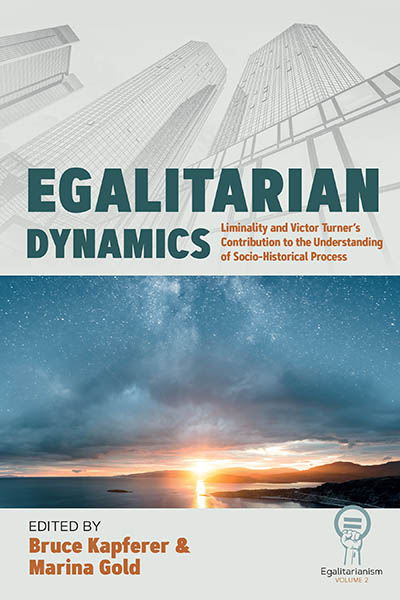 Forthcoming July 2024
Forthcoming July 2024 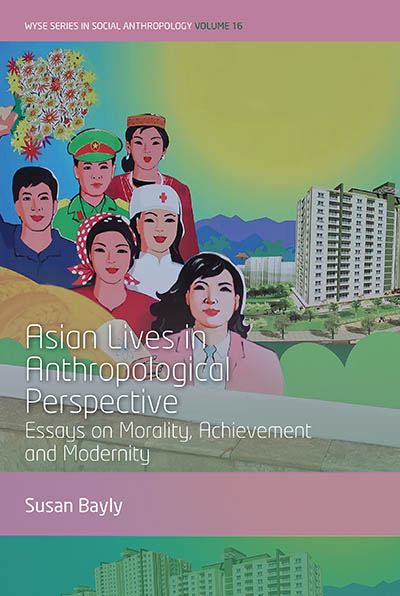 Forthcoming May 2024
Forthcoming May 2024 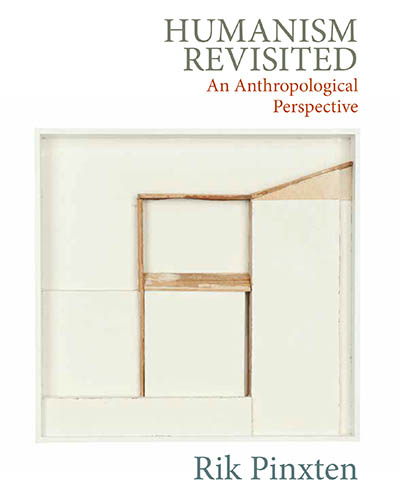 Published April 2024
Published April 2024 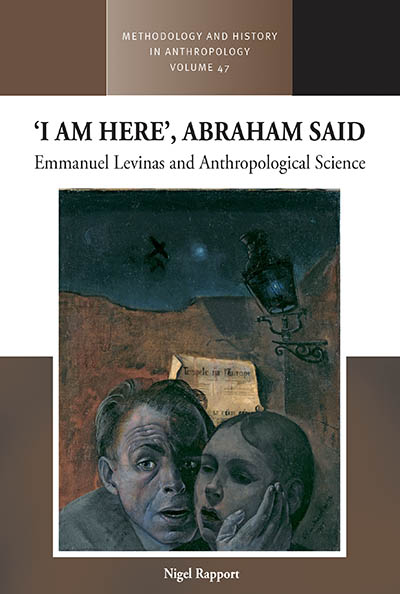 Published April 2024
Published April 2024  Published March 2024
Published March 2024 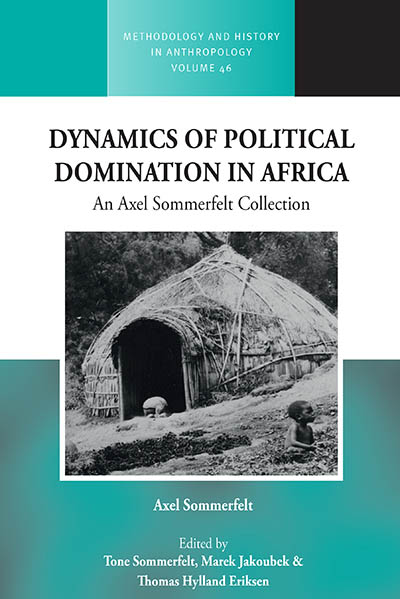 Published March 2024
Published March 2024 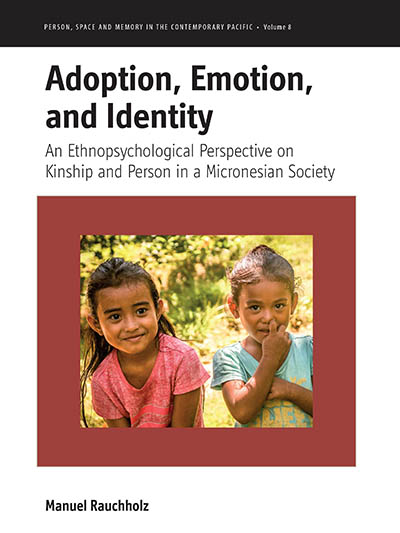 Published February 2024
Published February 2024 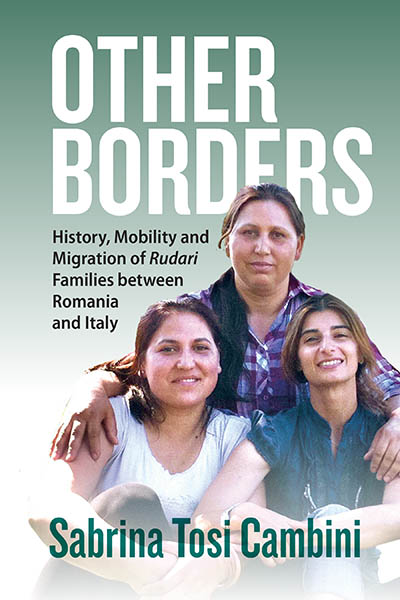 Published November 2023
Published November 2023 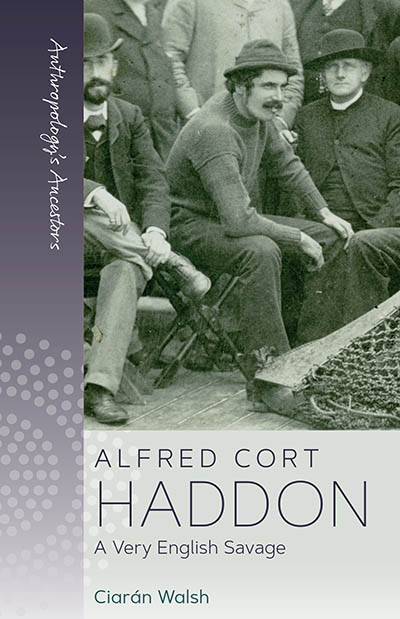 Published September 2023
Published September 2023  Published September 2023
Published September 2023  Published September 2023
Published September 2023 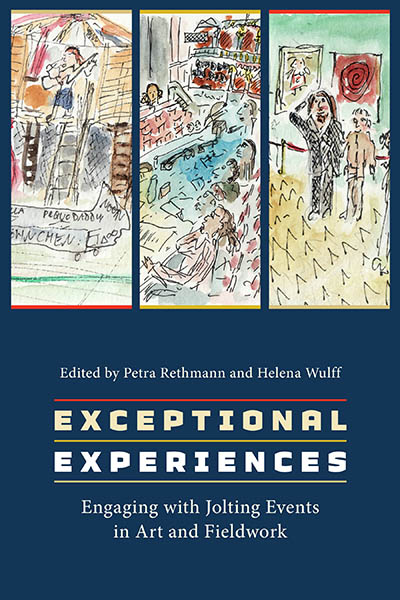 Published July 2023
Published July 2023 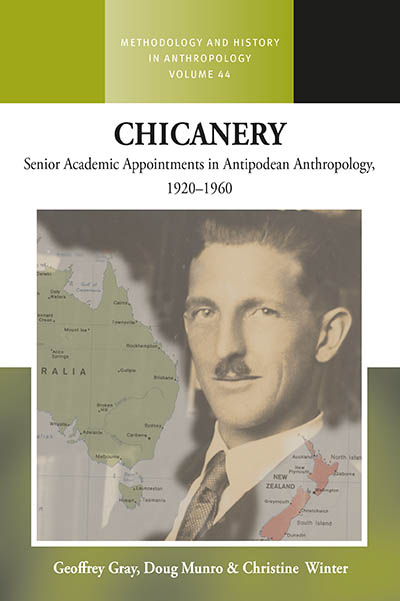 Published May 2023
Published May 2023  Published February 2023
Published February 2023  Published November 2022
Published November 2022 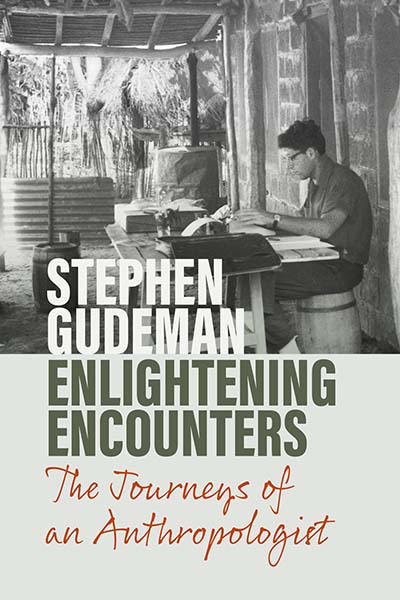 Published October 2022
Published October 2022 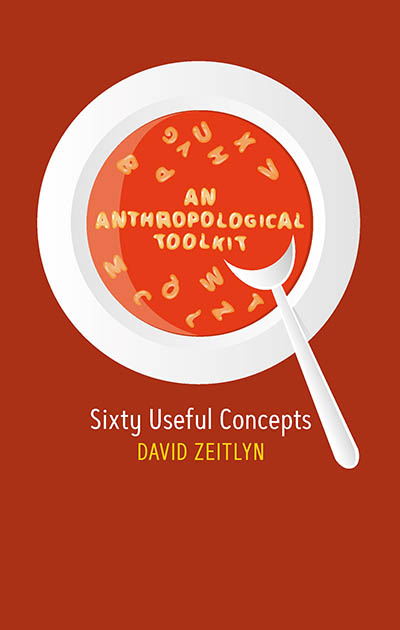 Published September 2022
Published September 2022 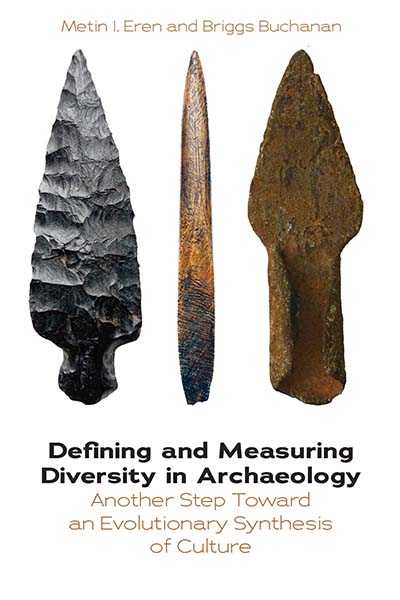 Published August 2022
Published August 2022 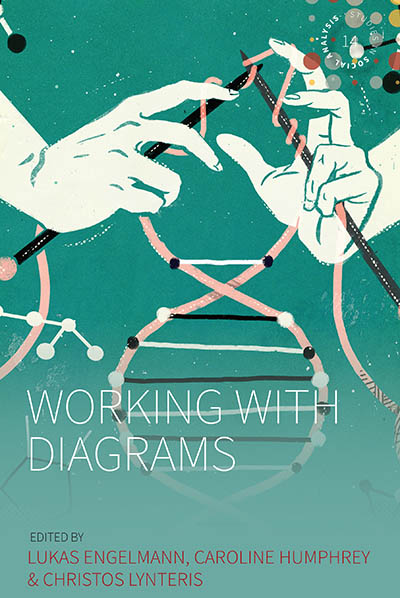 Published July 2022
Published July 2022 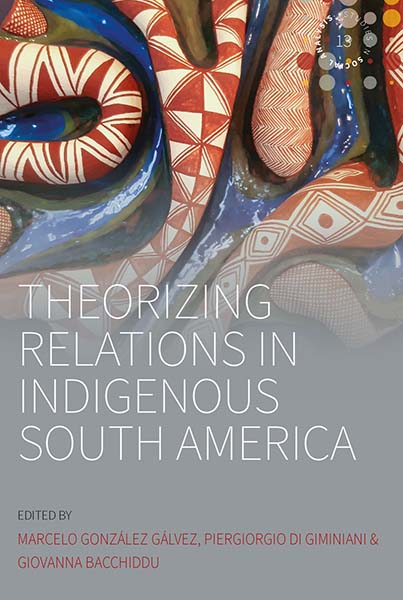 Published May 2022
Published May 2022 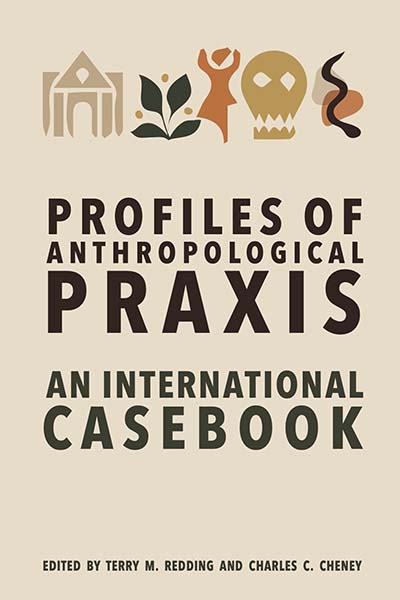 Published May 2022
Published May 2022 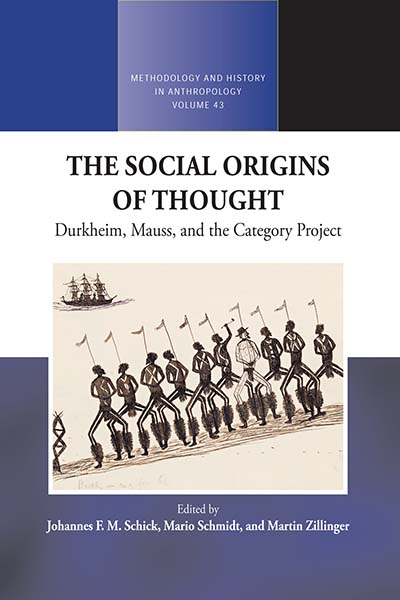 Published March 2022
Published March 2022 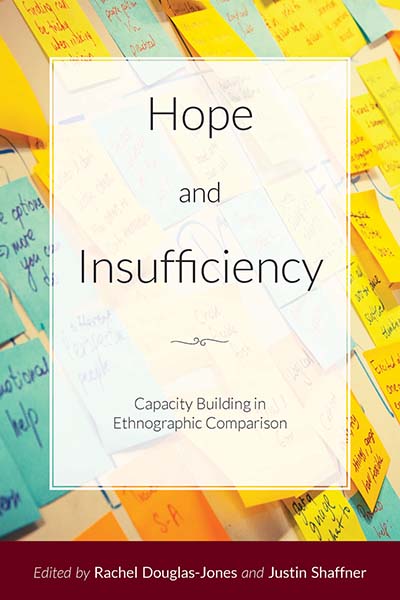 Published September 2021
Published September 2021 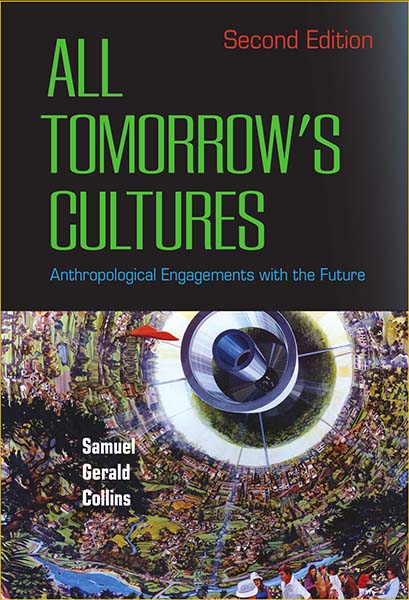 Published June 2021
Published June 2021 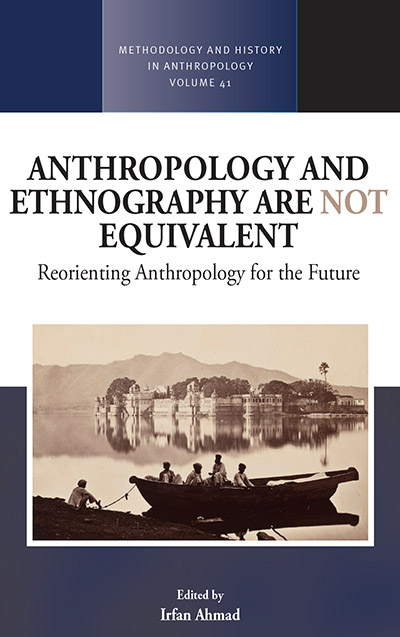 Published January 2021
Published January 2021 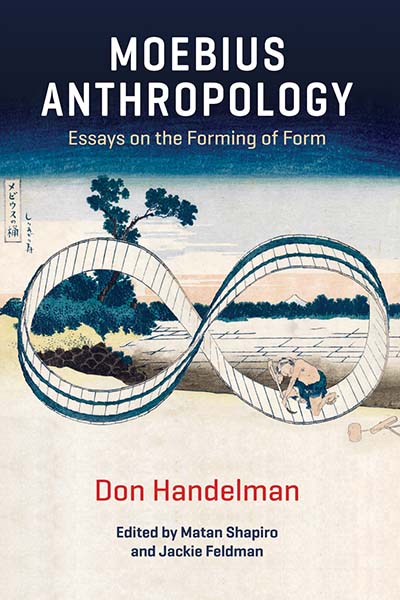 Published October 2020
Published October 2020  Published September 2020
Published September 2020 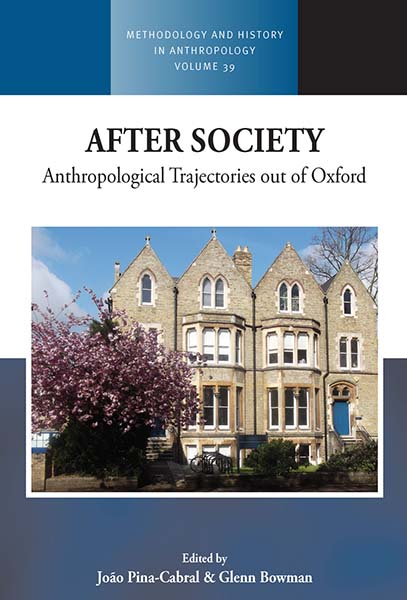 Published July 2020
Published July 2020 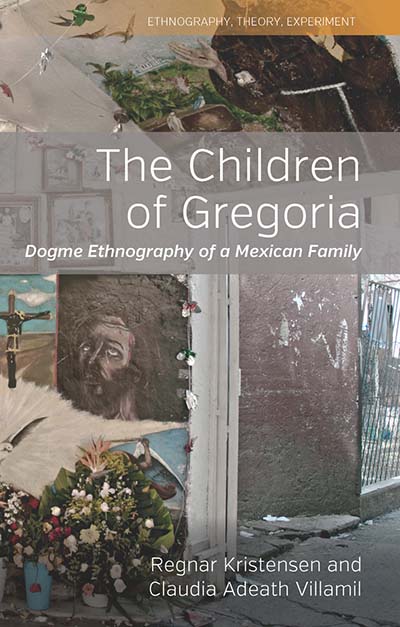 Published March 2020
Published March 2020 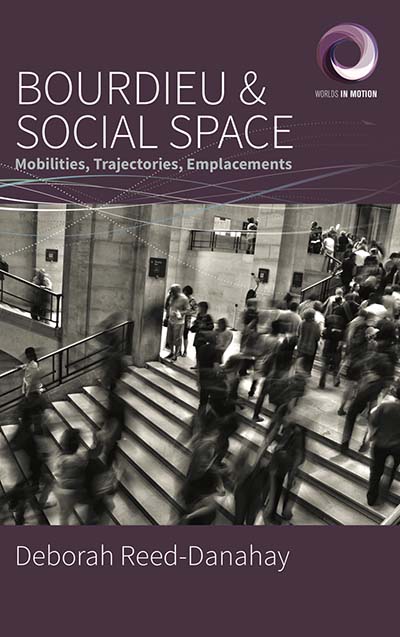 Published November 2019
Published November 2019  Published October 2019
Published October 2019 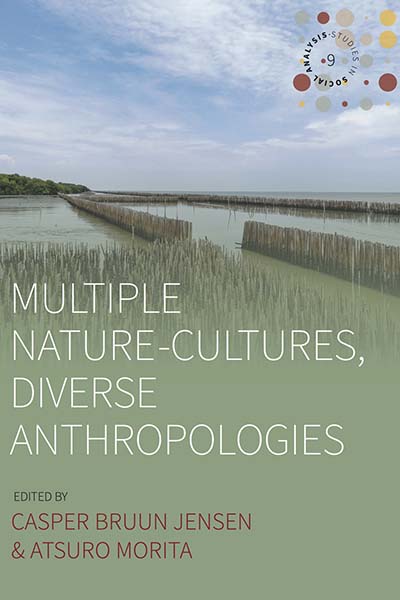 Published August 2019
Published August 2019 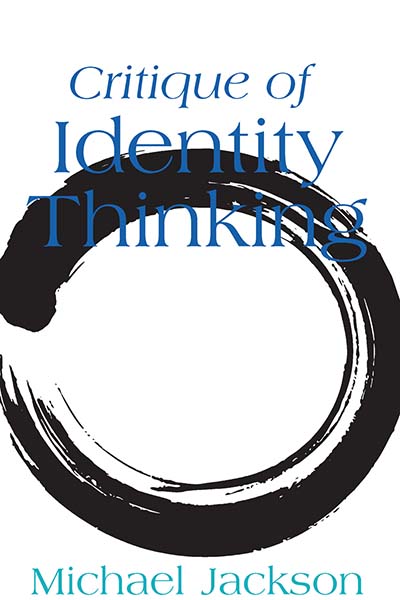 Published July 2019
Published July 2019 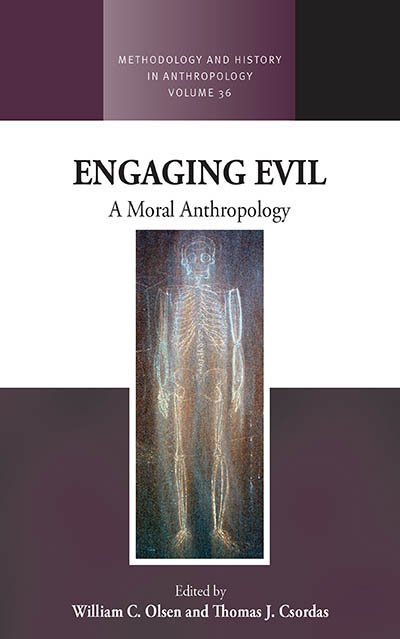 Published May 2019
Published May 2019 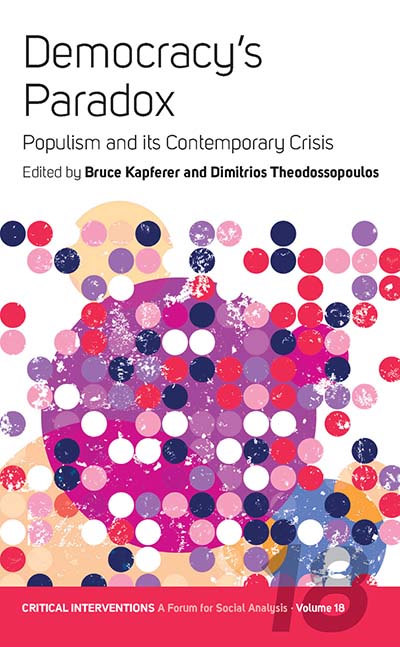 Published March 2019
Published March 2019  Published April 2019
Published April 2019 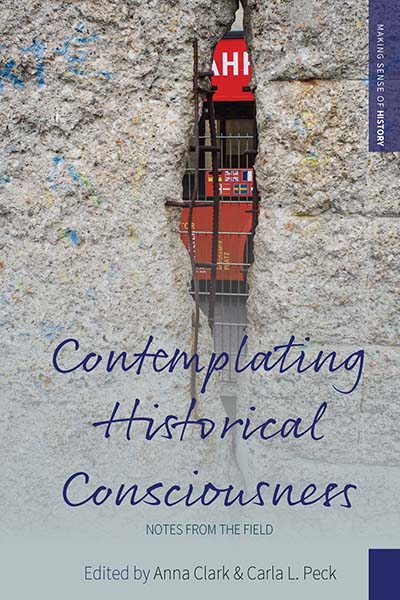 Published December 2018
Published December 2018 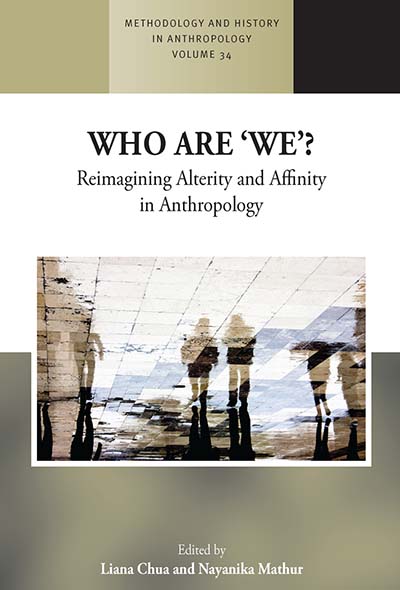 Published June 2018
Published June 2018  Published June 2018
Published June 2018 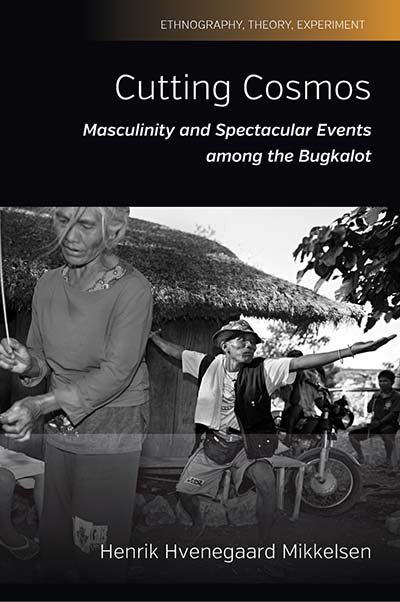 Published April 2018
Published April 2018 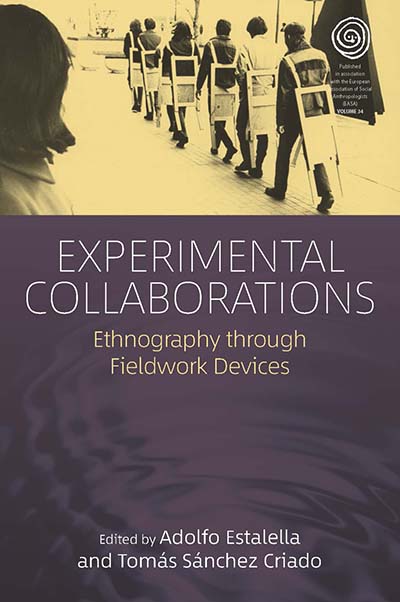 Published April 2018
Published April 2018 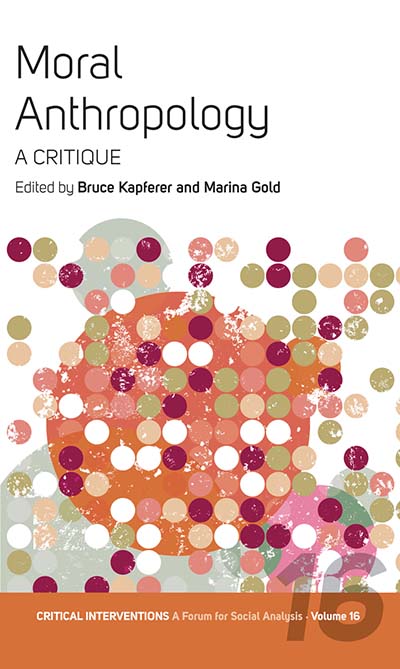 Published April 2018
Published April 2018 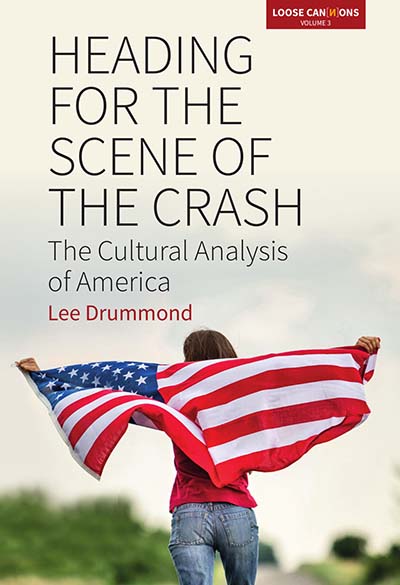 Published March 2018
Published March 2018 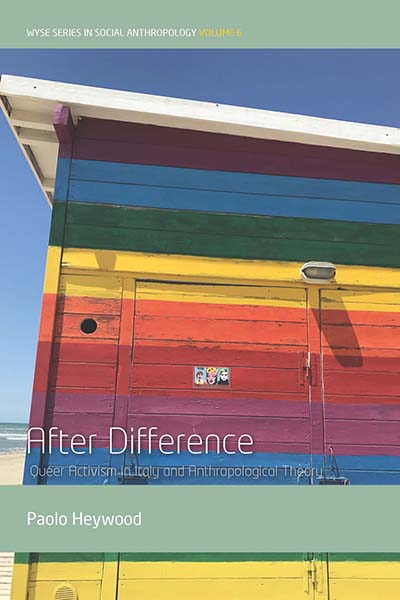 Published February 2018
Published February 2018 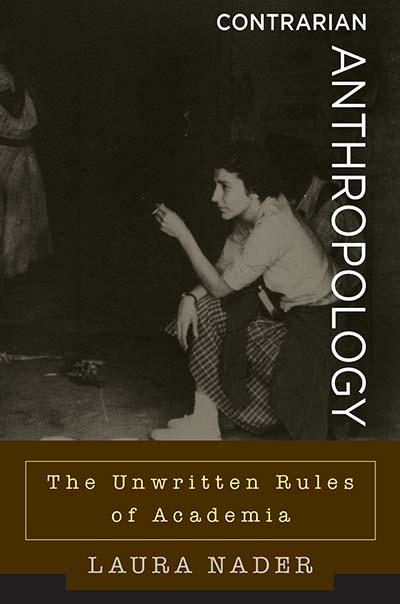 Published January 2018
Published January 2018 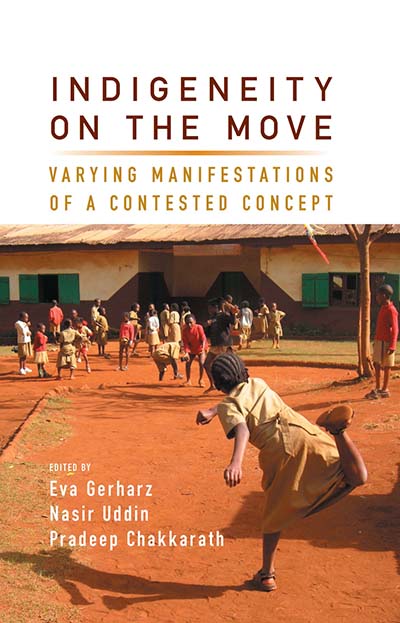 Published December 2017
Published December 2017 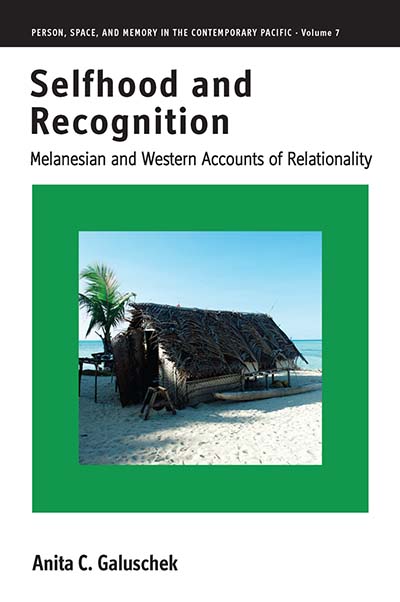 Published November 2017
Published November 2017 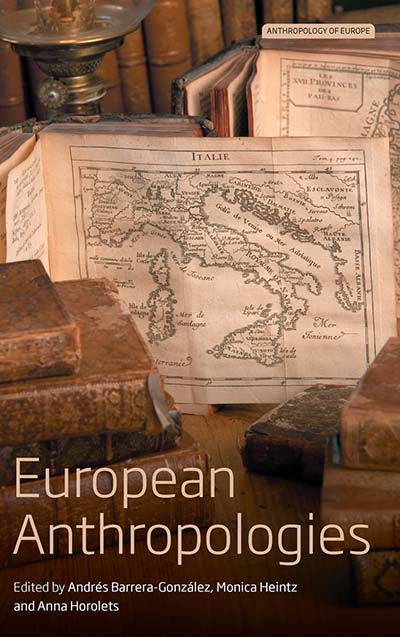 Published August 2017
Published August 2017 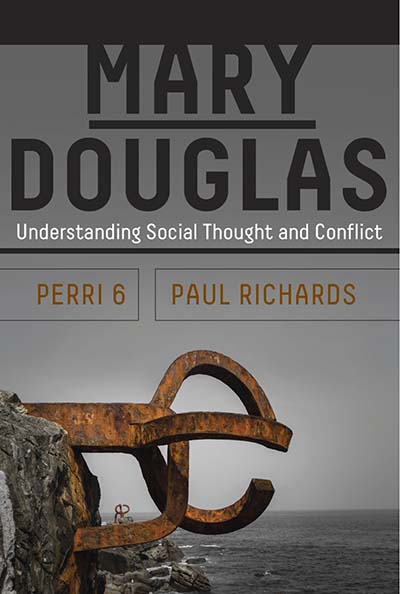 Published June 2017
Published June 2017 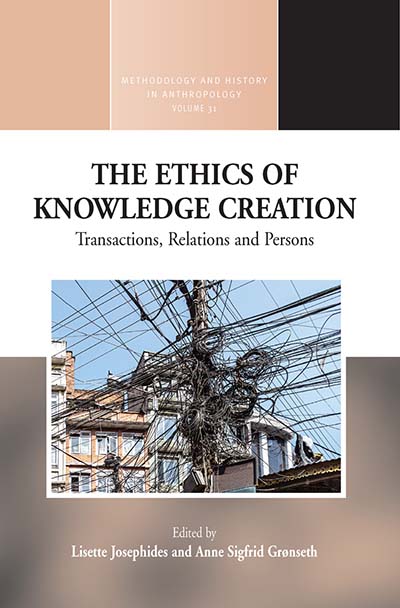 Published June 2017
Published June 2017 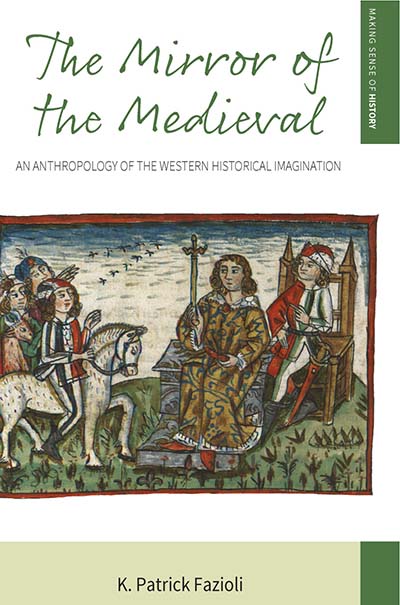 Published May 2017
Published May 2017 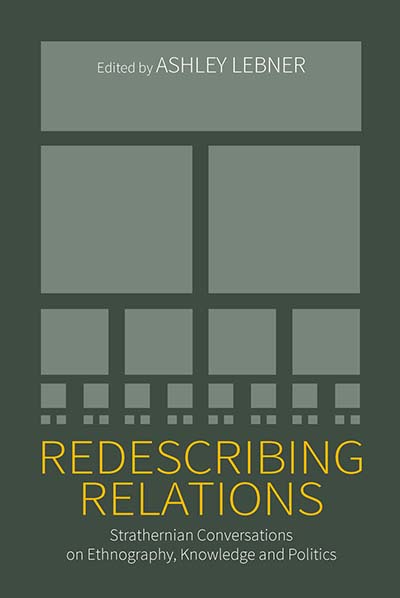 Published May 2017
Published May 2017 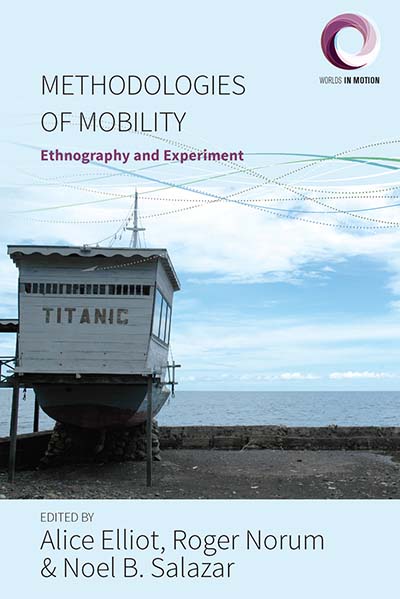 Published May 2017
Published May 2017 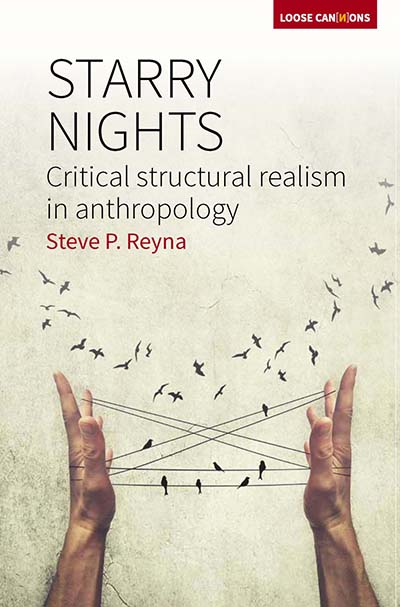 Published April 2017
Published April 2017 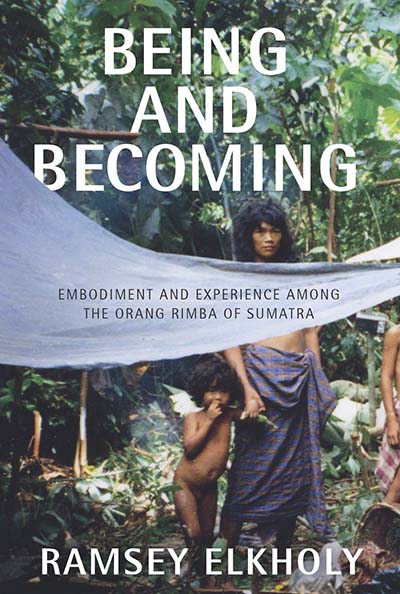 Published May 2016
Published May 2016 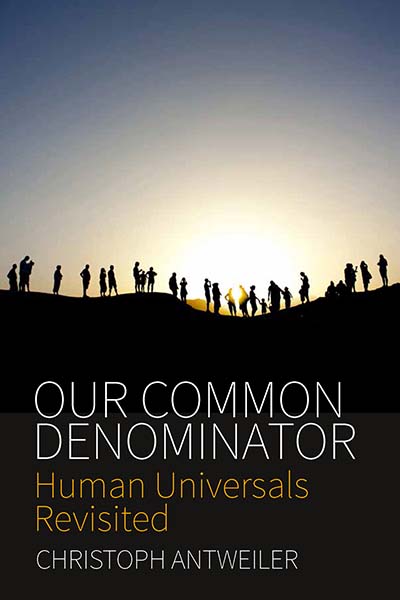 Published April 2016
Published April 2016 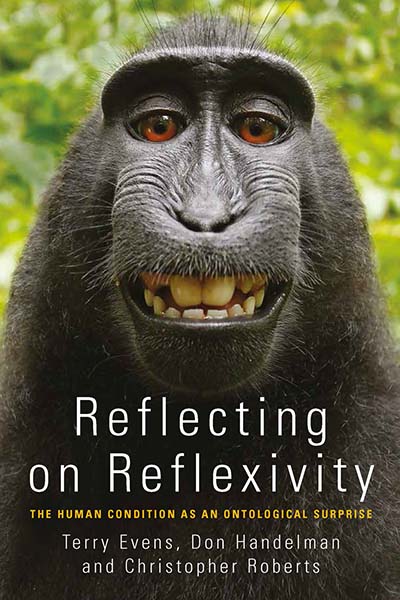 Published March 2016
Published March 2016 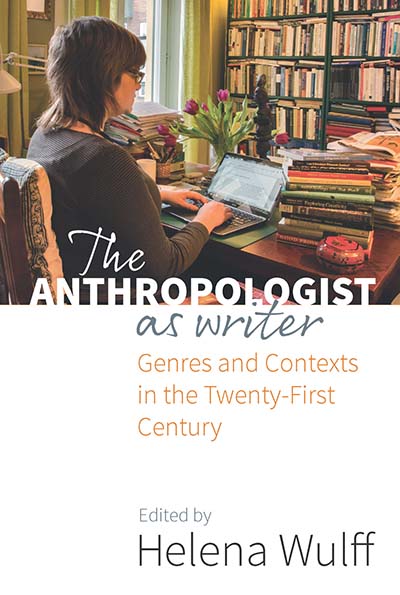 Published March 2016
Published March 2016 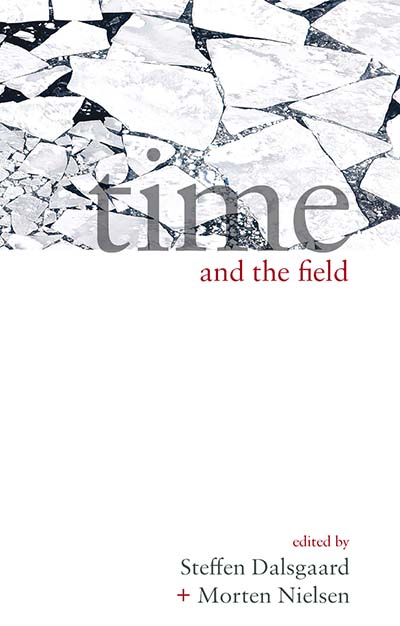 Published November 2015
Published November 2015 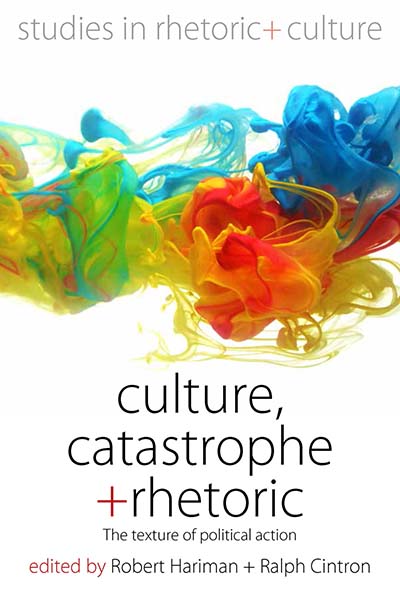 Published October 2015
Published October 2015 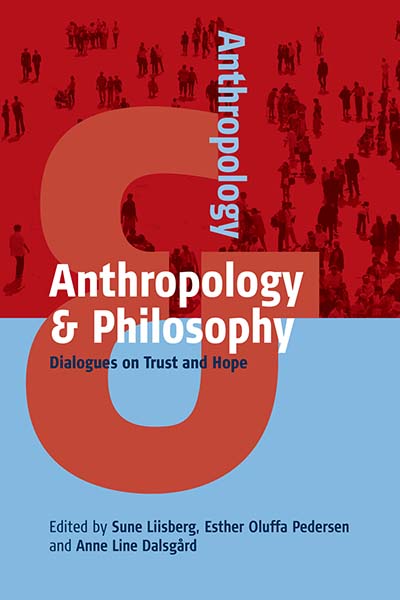 Published January 2015
Published January 2015 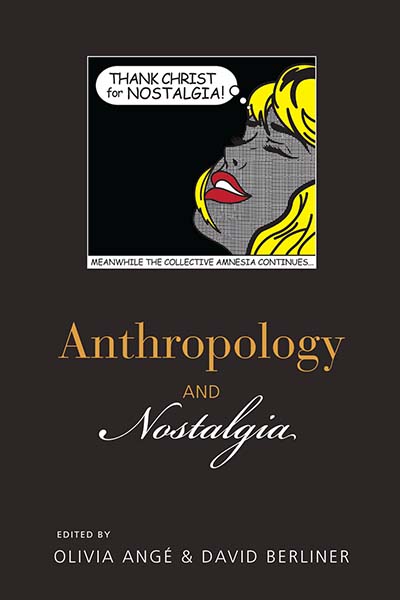 Published October 2014
Published October 2014 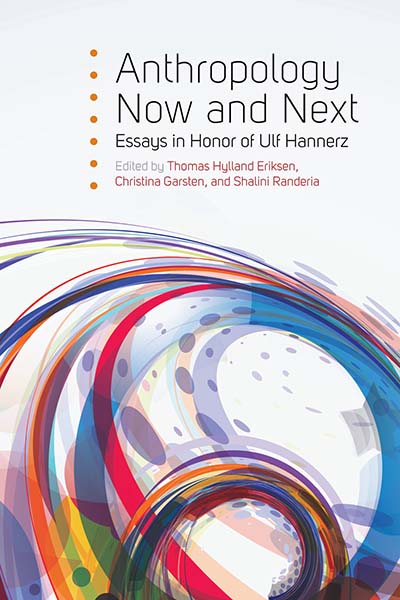 Published October 2014
Published October 2014 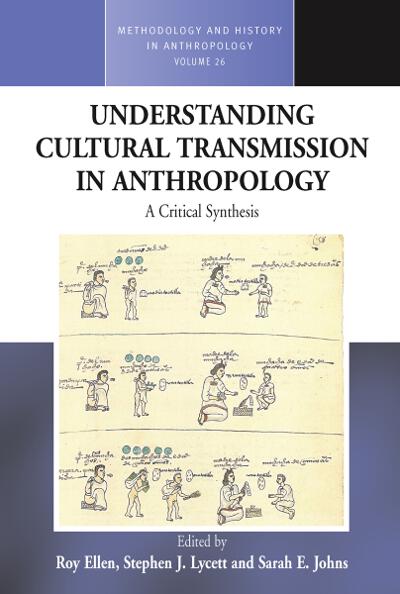 Published August 2013
Published August 2013 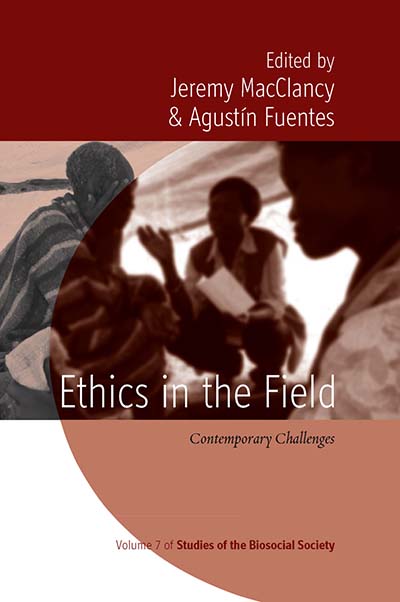 Published July 2013
Published July 2013 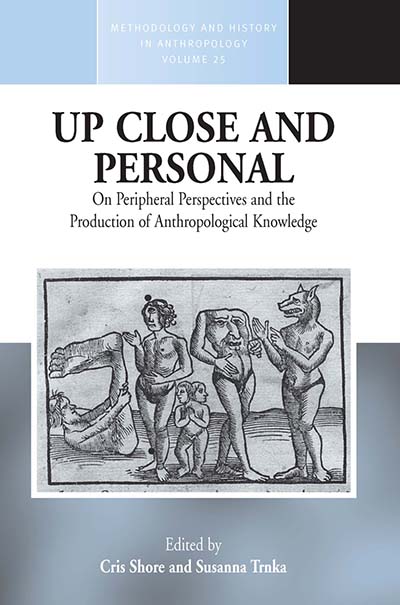 Published June 2013
Published June 2013 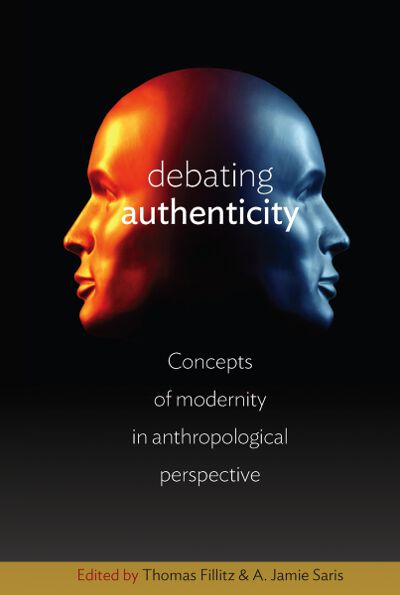 Published December 2012
Published December 2012 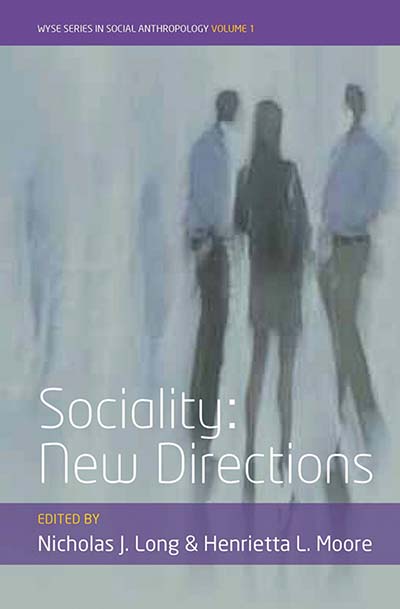 Published December 2012
Published December 2012 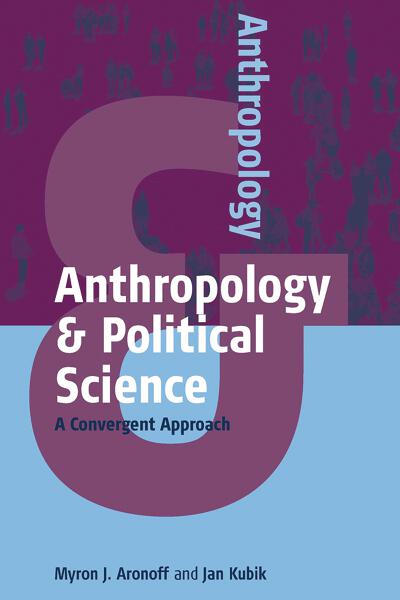 Published November 2012
Published November 2012 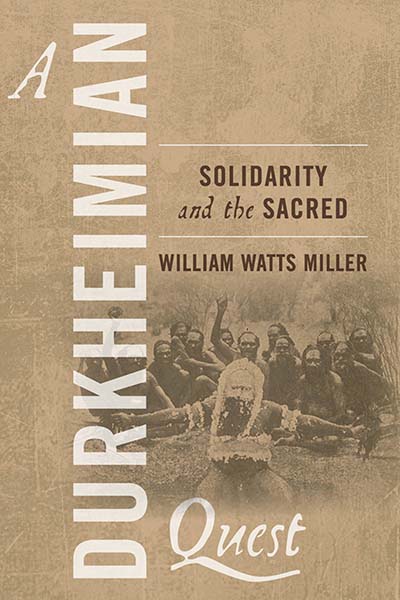 Published August 2012
Published August 2012 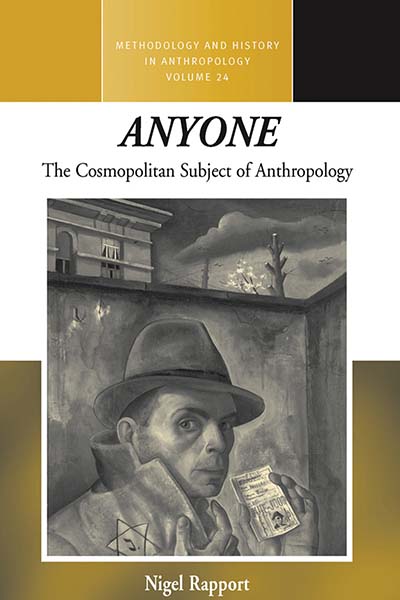 Published July 2012
Published July 2012 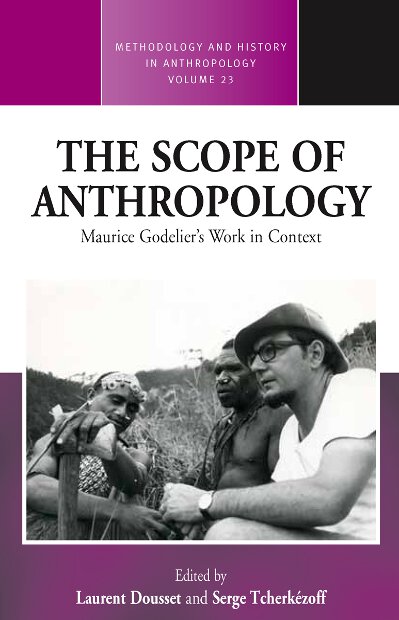 Published April 2012
Published April 2012 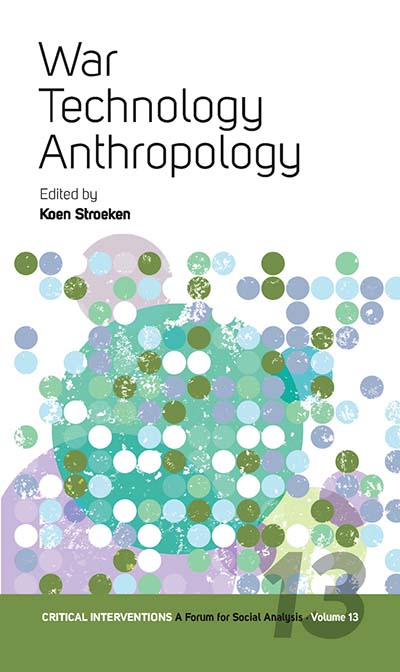 Published December 2011
Published December 2011 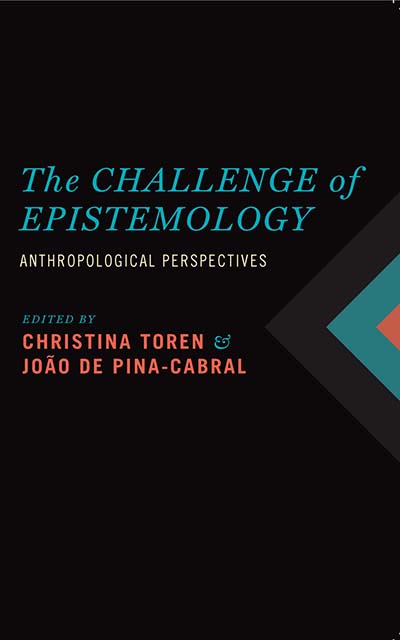 Published October 2011
Published October 2011 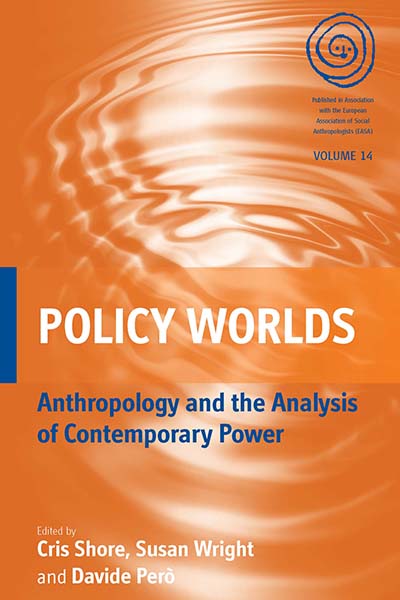 Published April 2011
Published April 2011 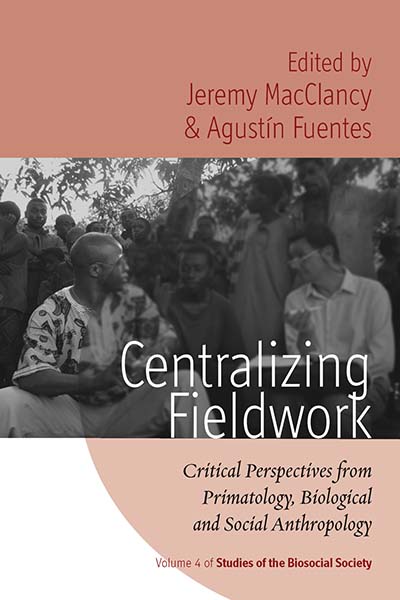 Published December 2010
Published December 2010 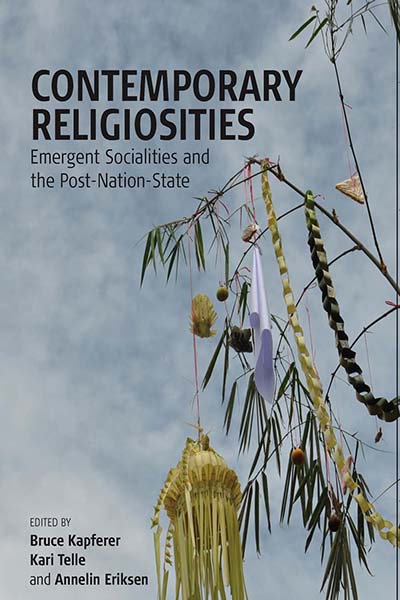 Published August 2010
Published August 2010 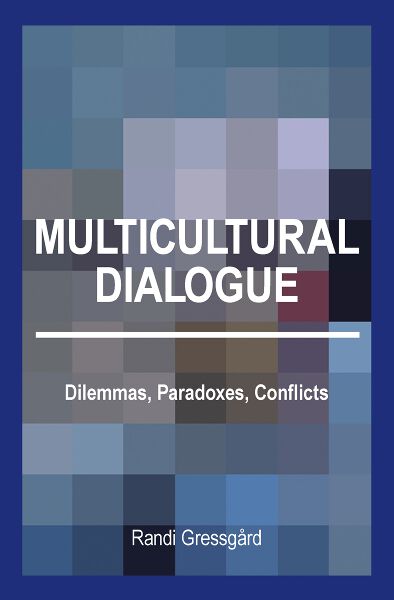 Published May 2010
Published May 2010 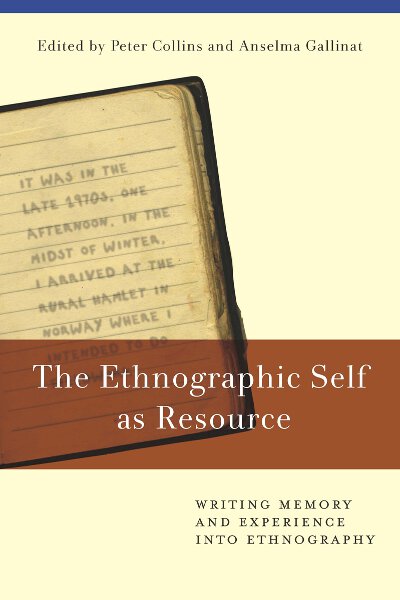 Published May 2010
Published May 2010 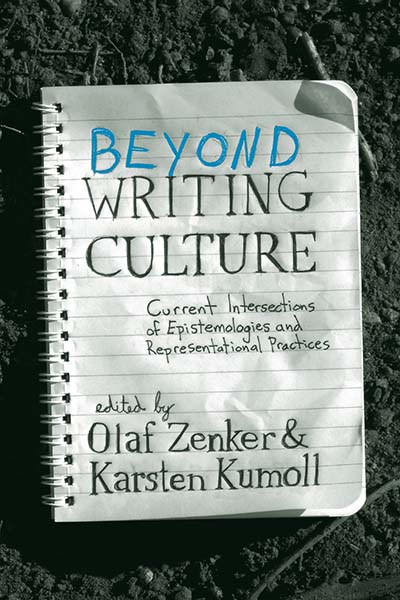 Published May 2010
Published May 2010 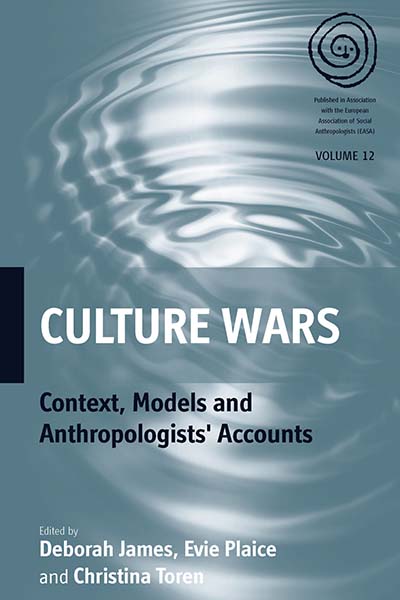 Published March 2010
Published March 2010 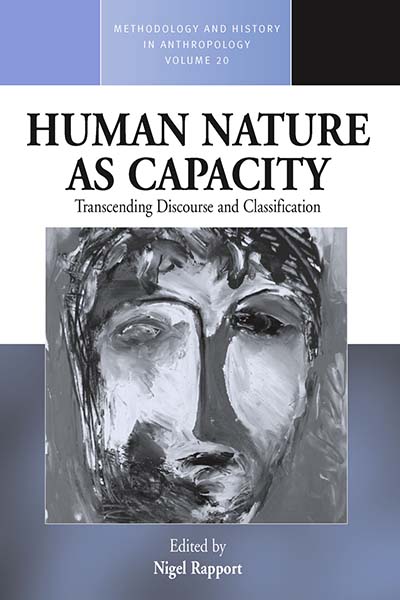 Published March 2010
Published March 2010 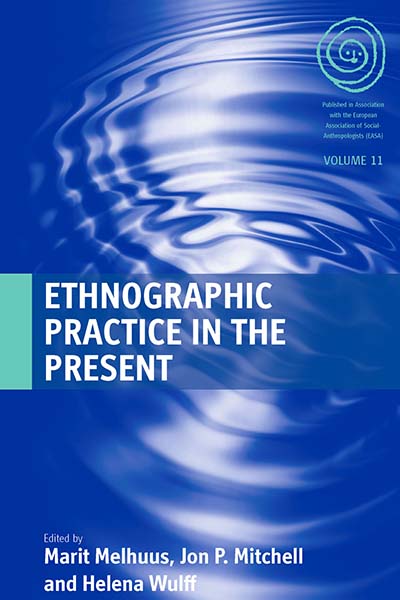 Published November 2009
Published November 2009 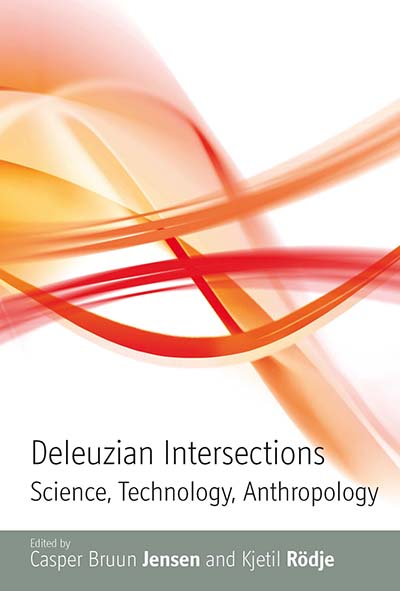 Published November 2009
Published November 2009 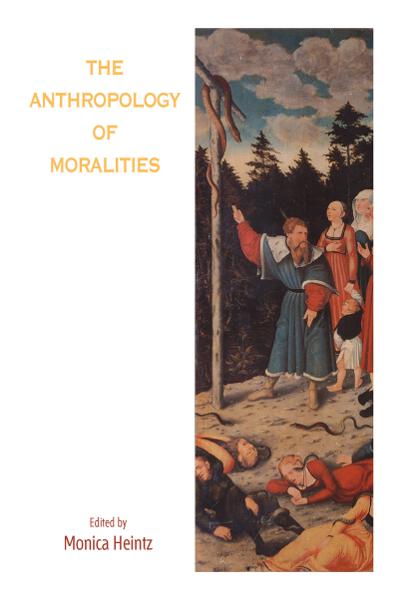 Published August 2009
Published August 2009 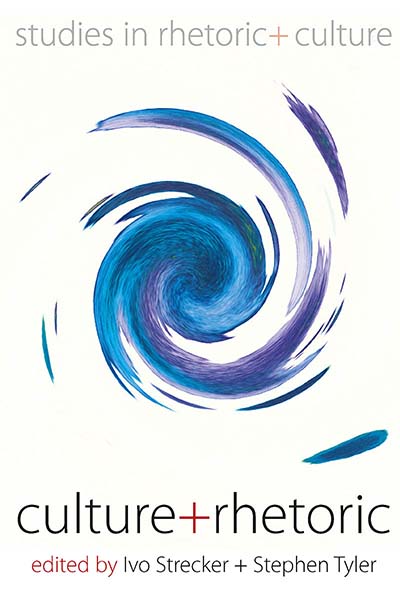 Published July 2009
Published July 2009 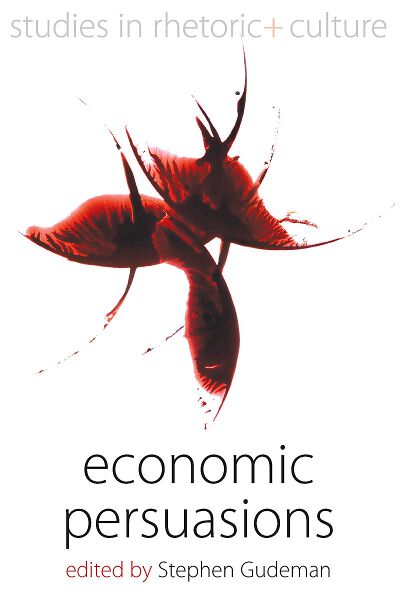 Published June 2009
Published June 2009 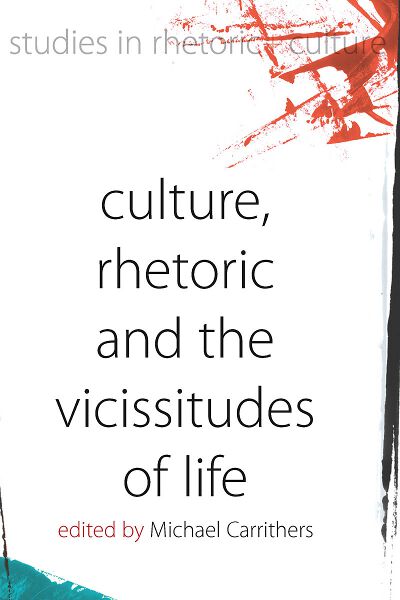 Published June 2009
Published June 2009 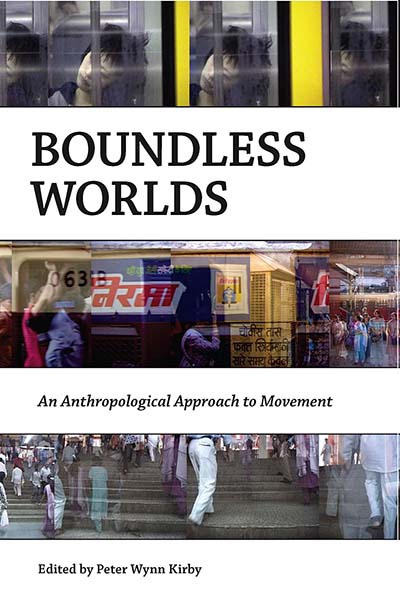 Published December 2008
Published December 2008 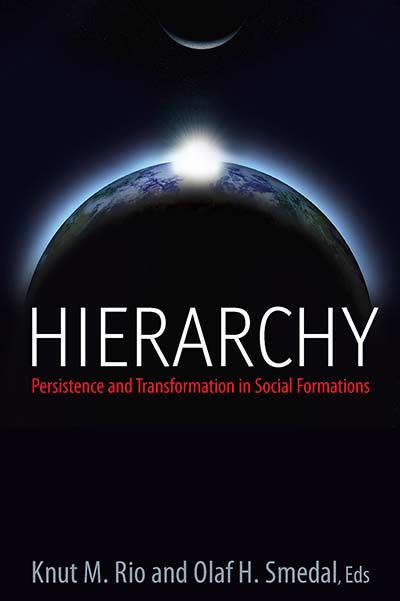 Published December 2008
Published December 2008 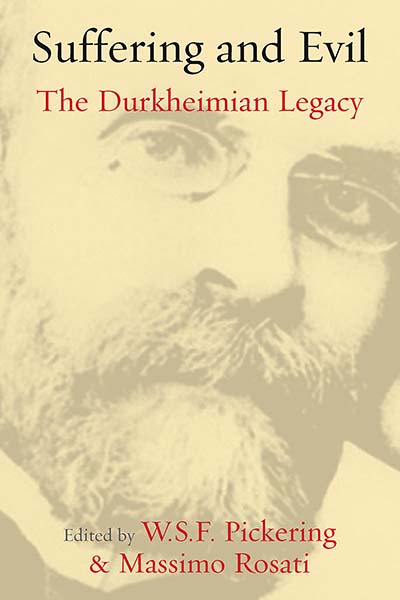 Published October 2008
Published October 2008  Published October 2008
Published October 2008 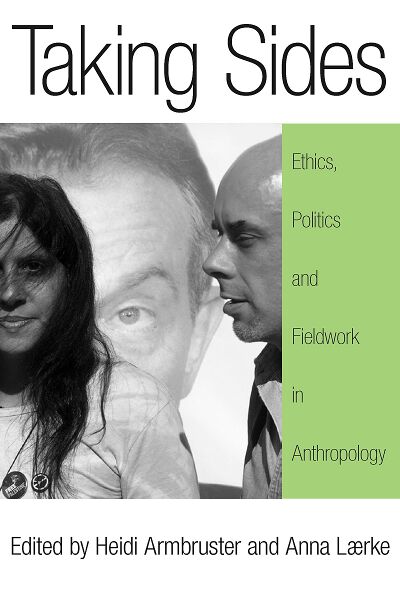 Published September 2008
Published September 2008  Published September 2008
Published September 2008 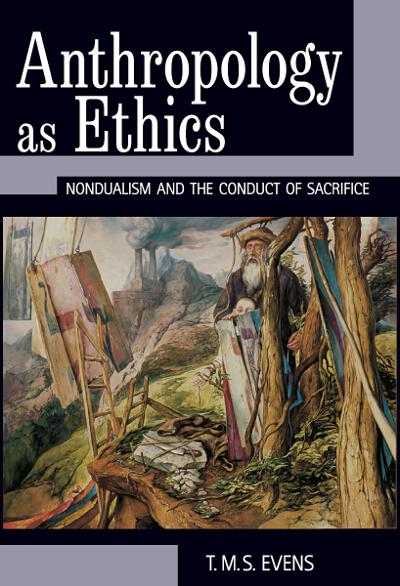 Published May 2008
Published May 2008  Published May 2008
Published May 2008 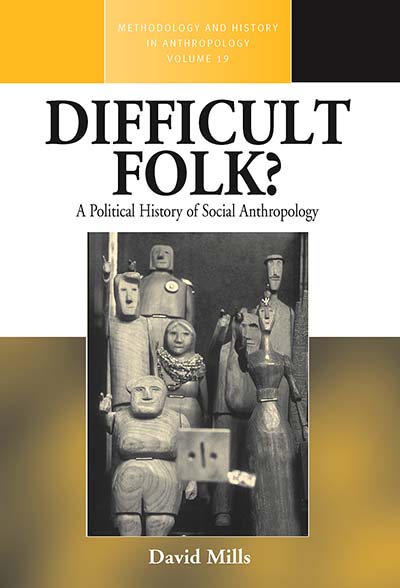 Published May 2008
Published May 2008 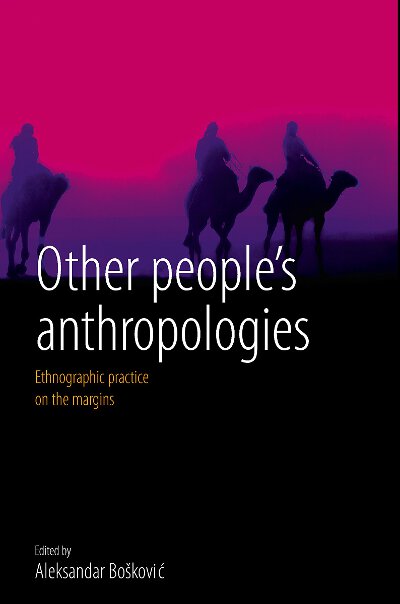 Published March 2008
Published March 2008 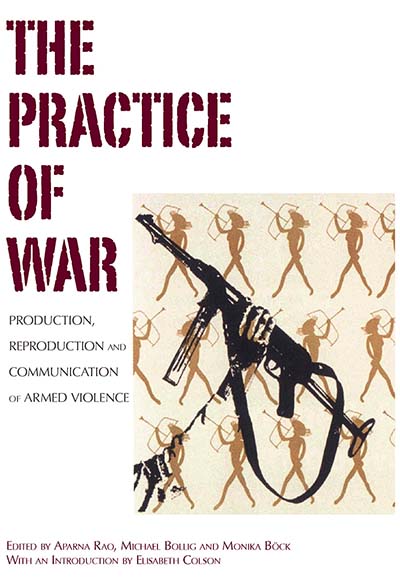 Published March 2008
Published March 2008 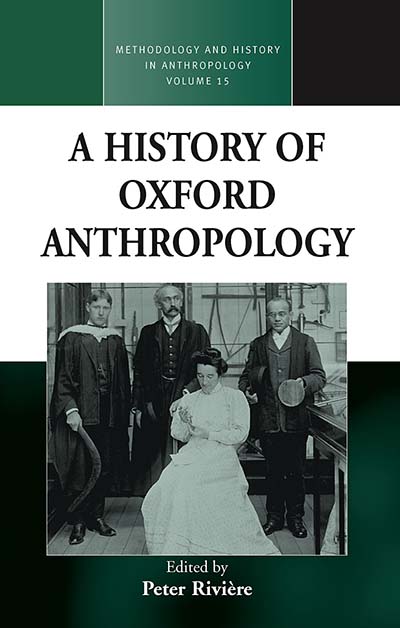 Published November 2007
Published November 2007 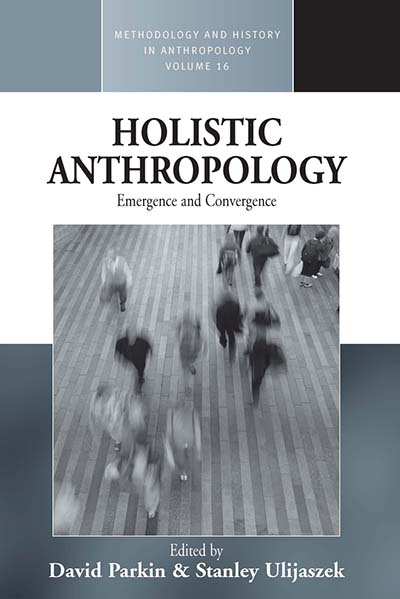 Published November 2007
Published November 2007 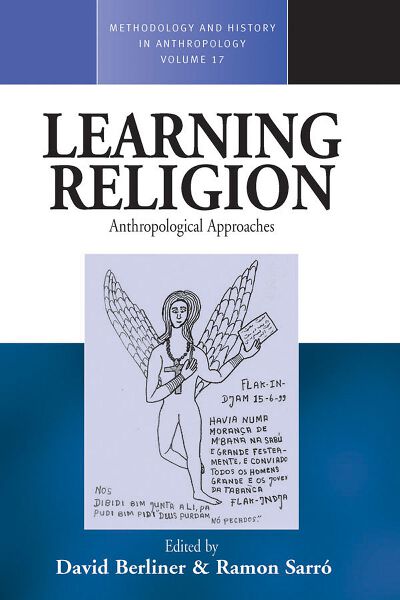 Published October 2007
Published October 2007 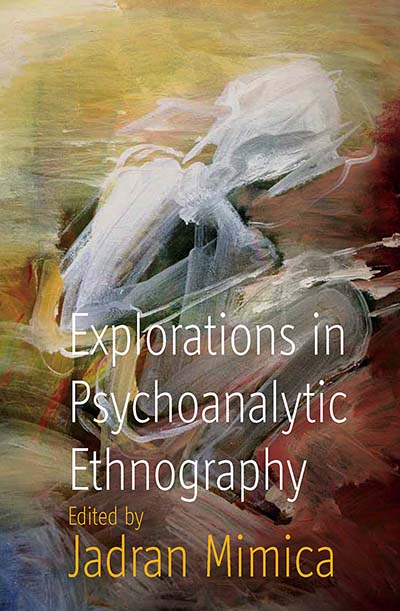 Published May 2007
Published May 2007 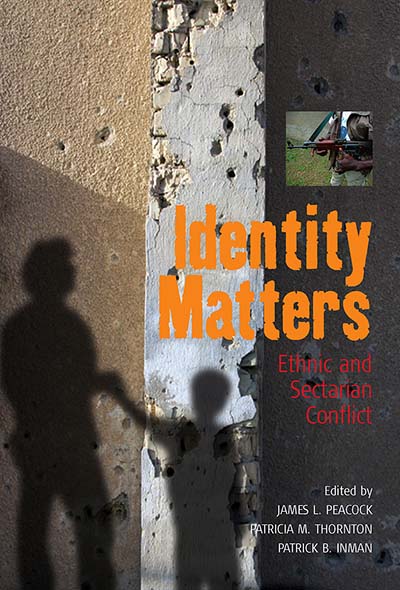 Published May 2007
Published May 2007 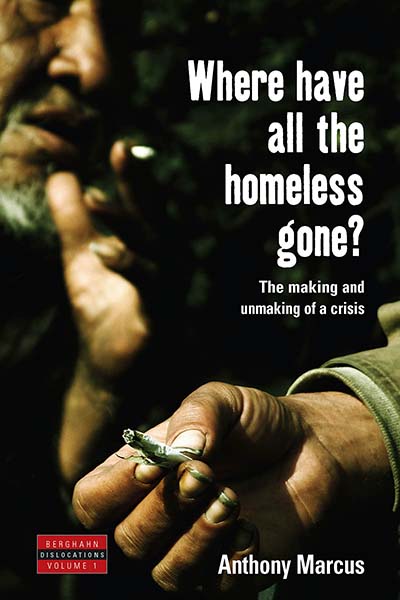 Published December 2005
Published December 2005 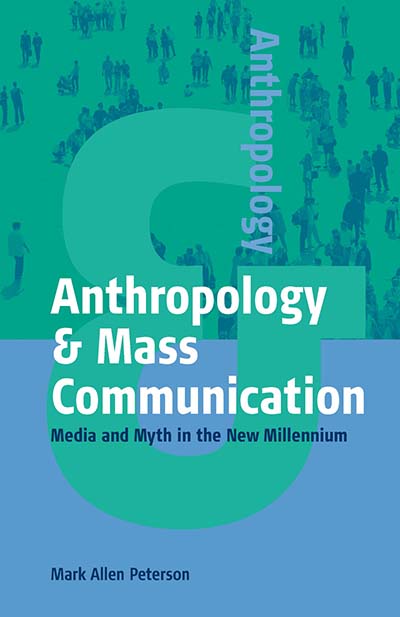 Published November 2003
Published November 2003 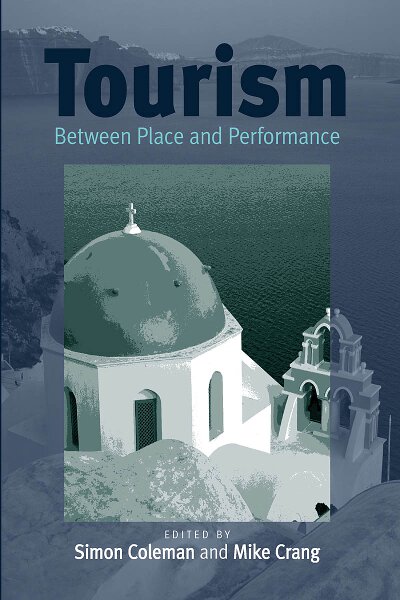 Published May 2002
Published May 2002